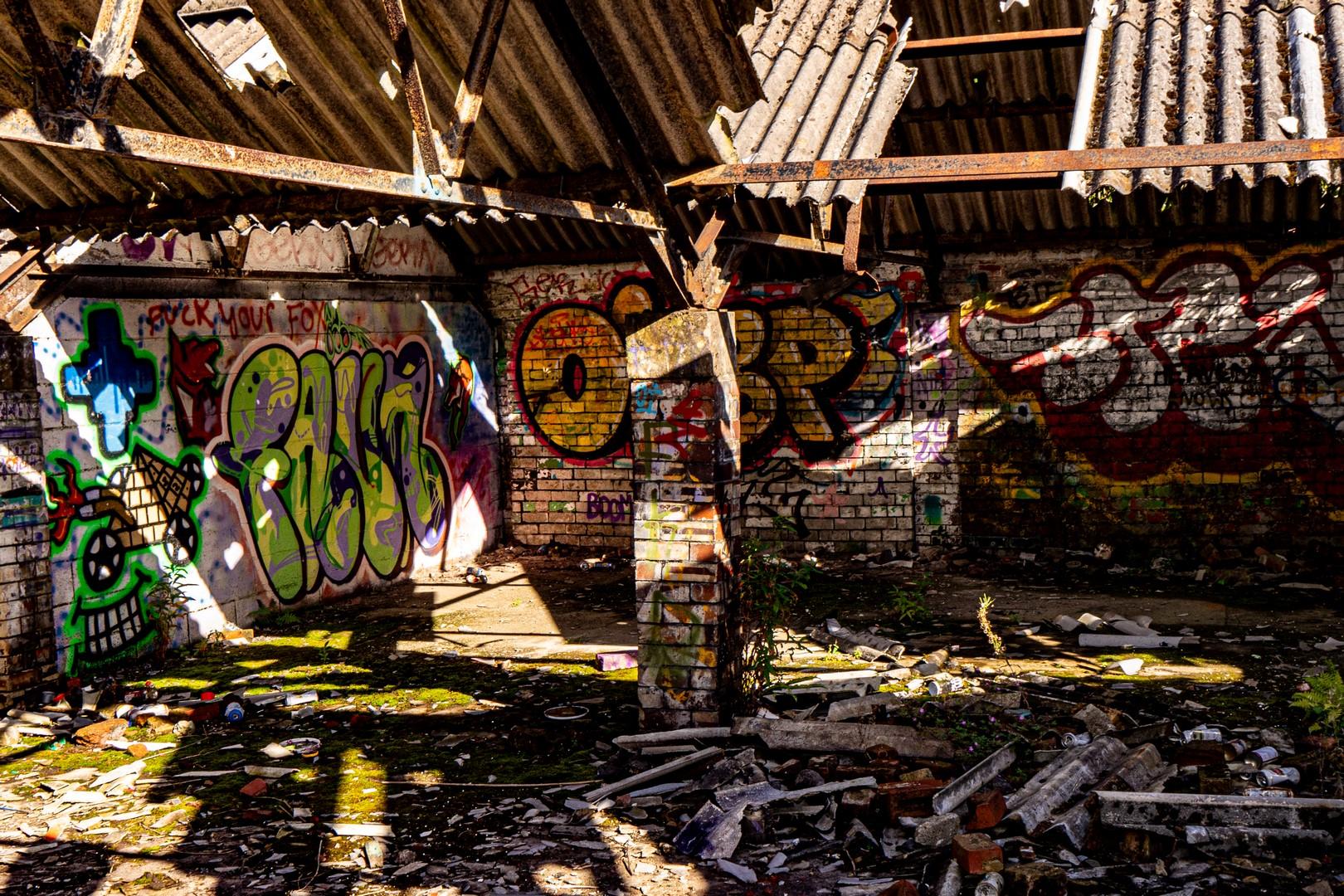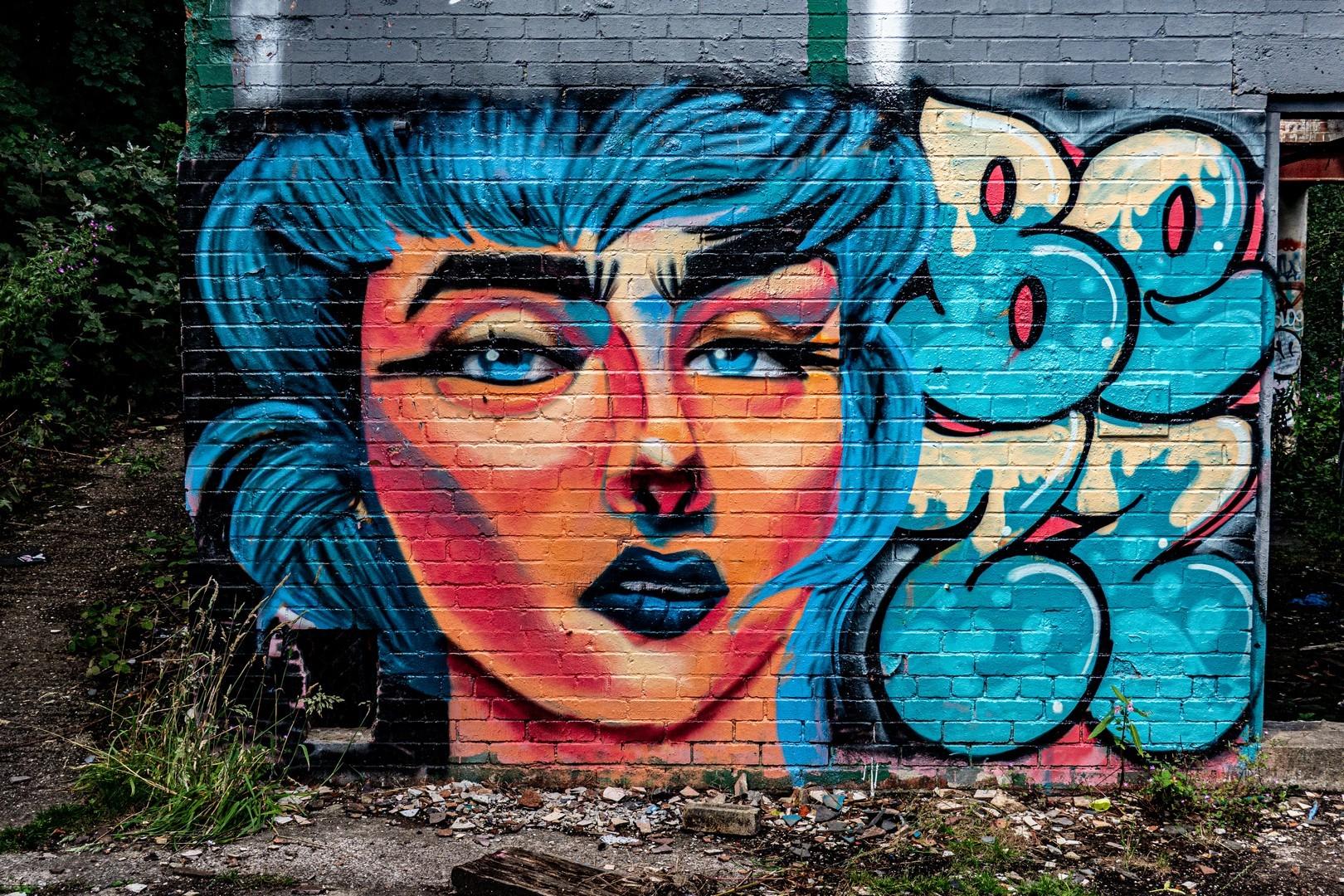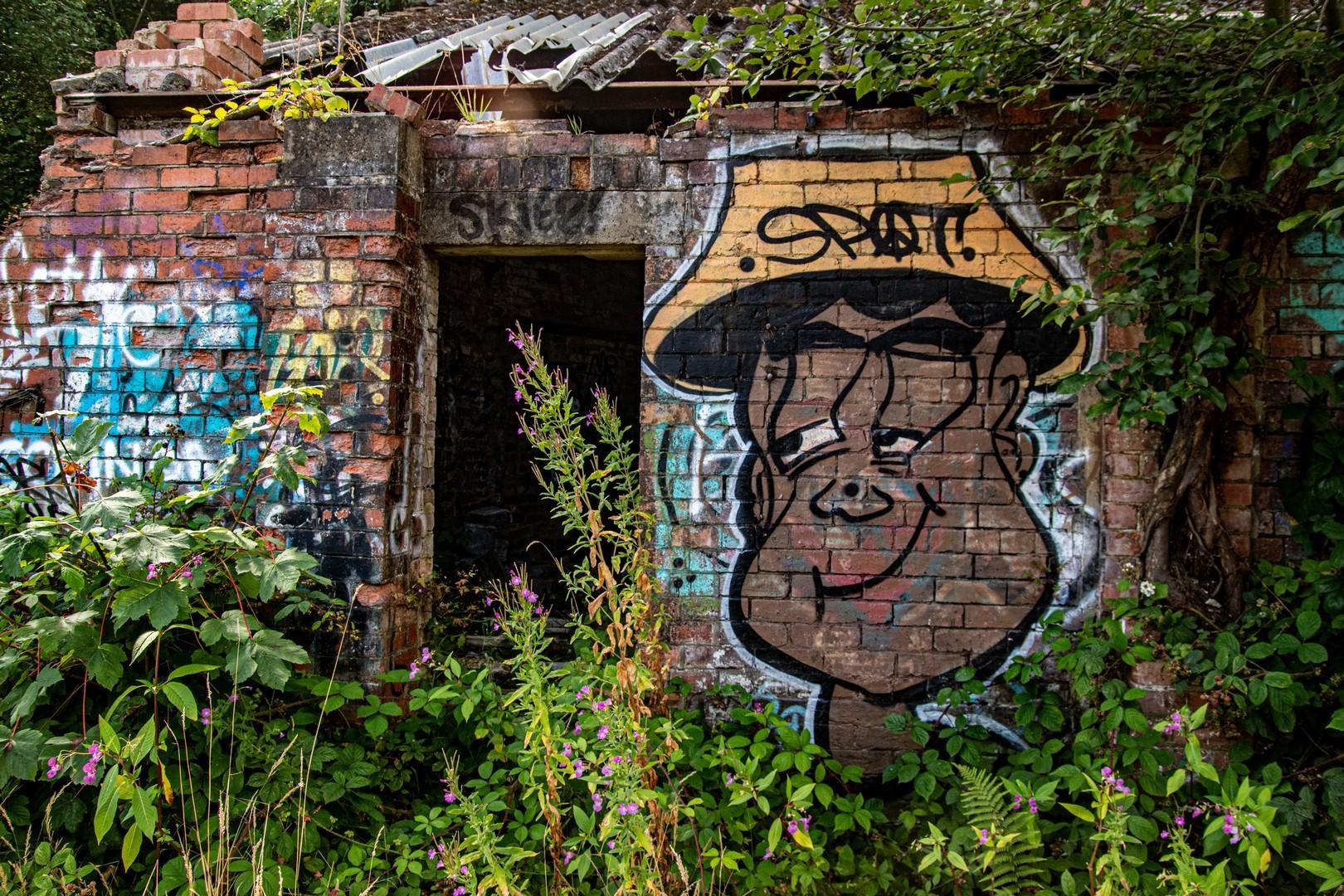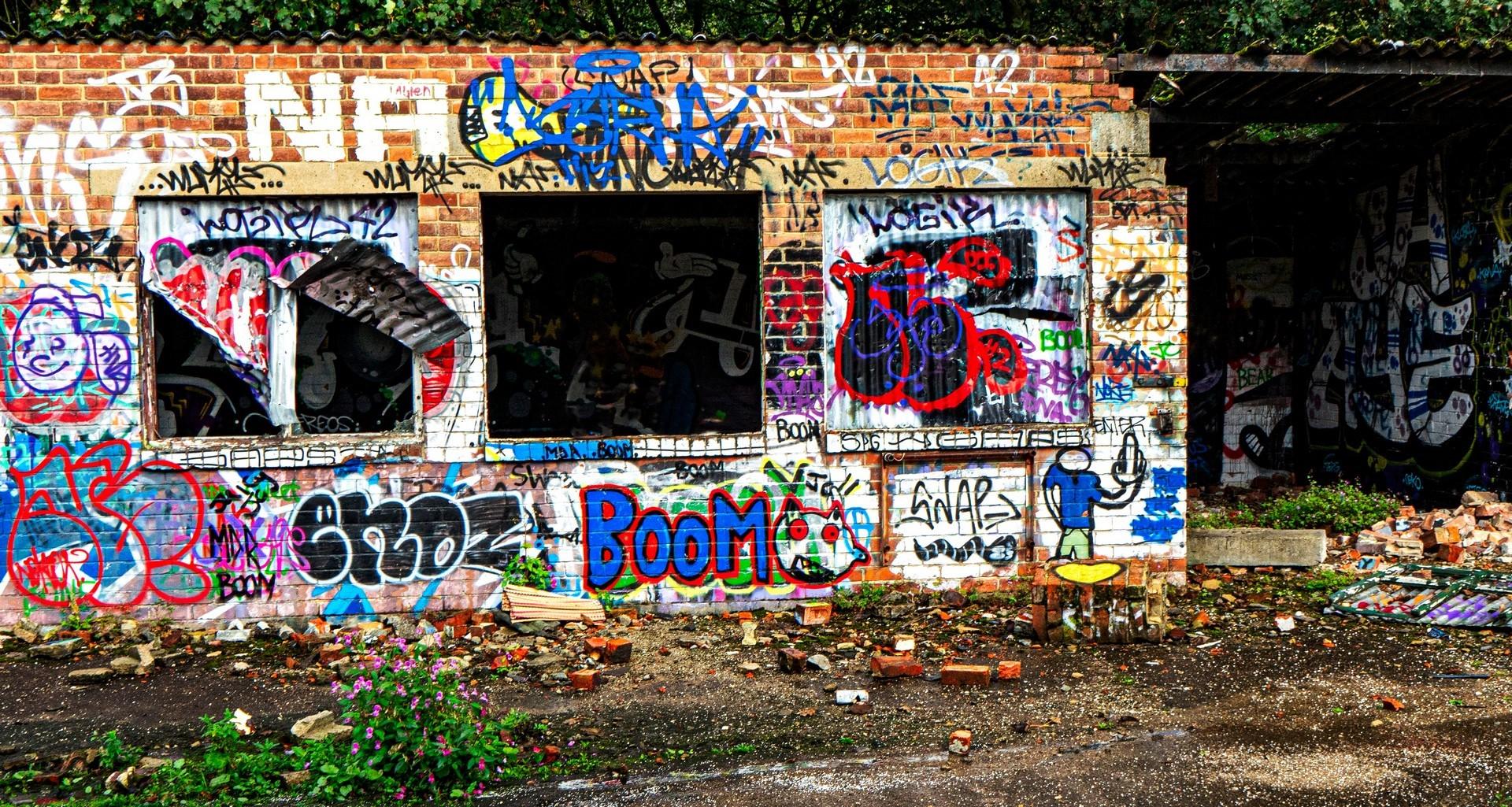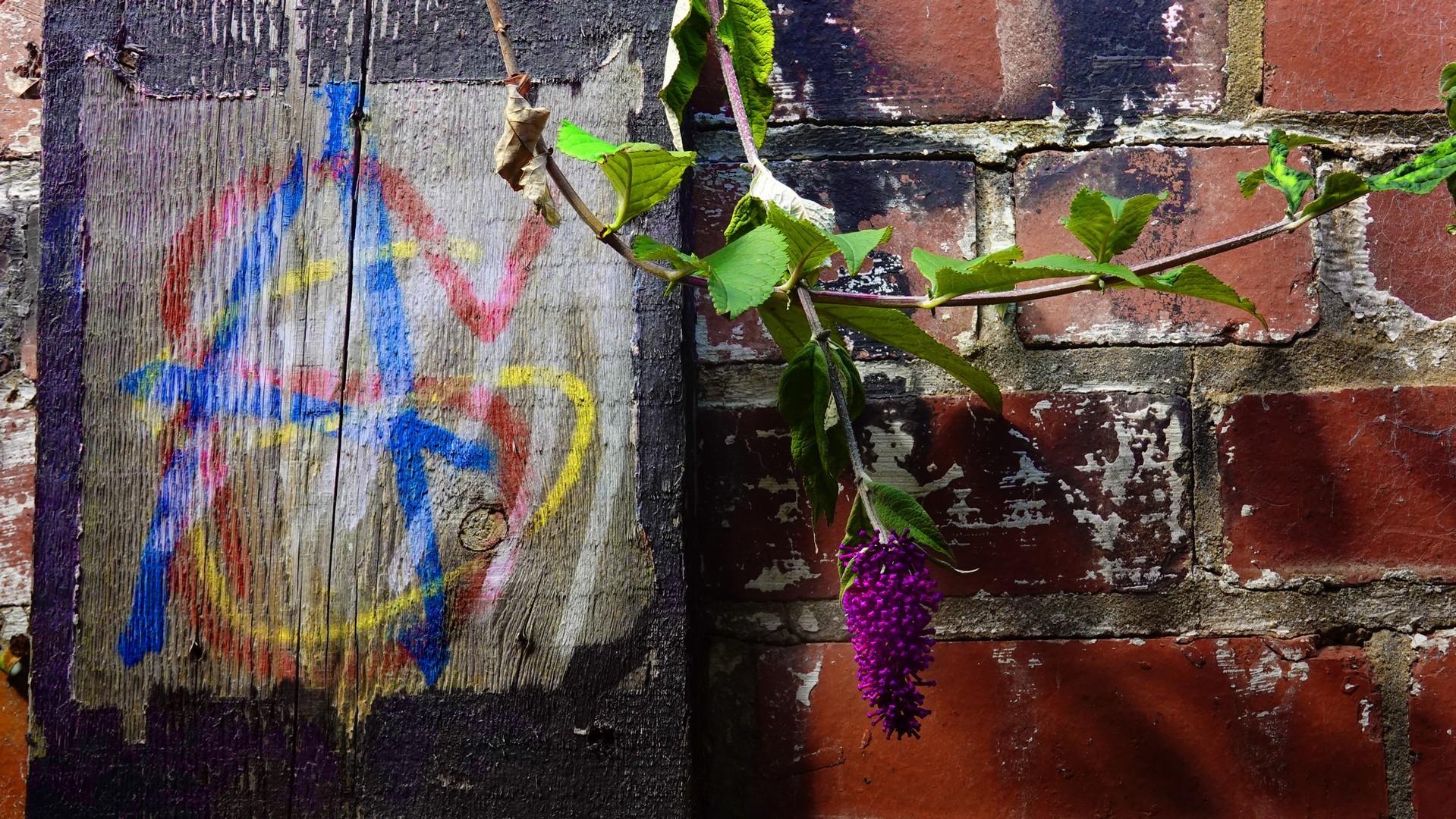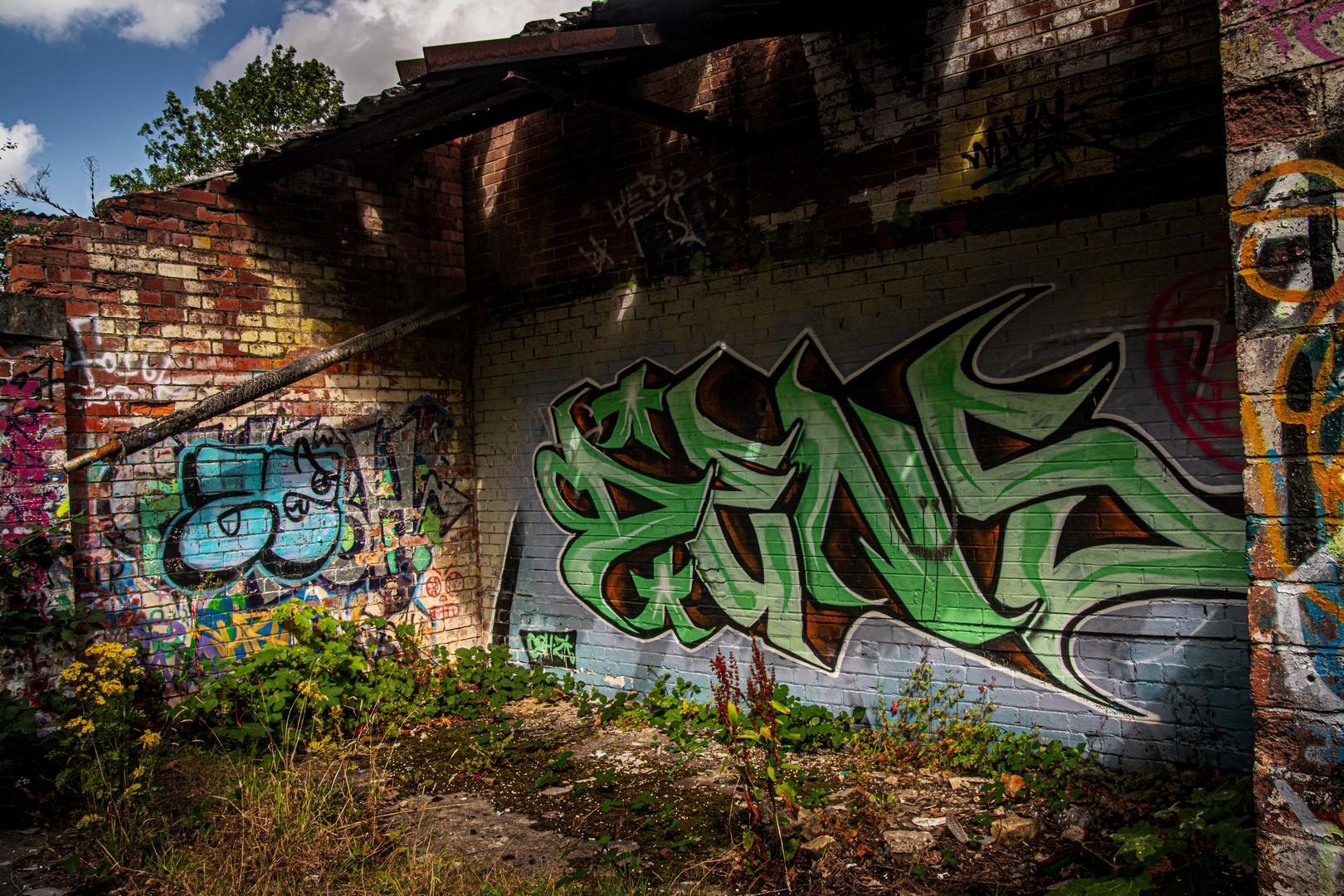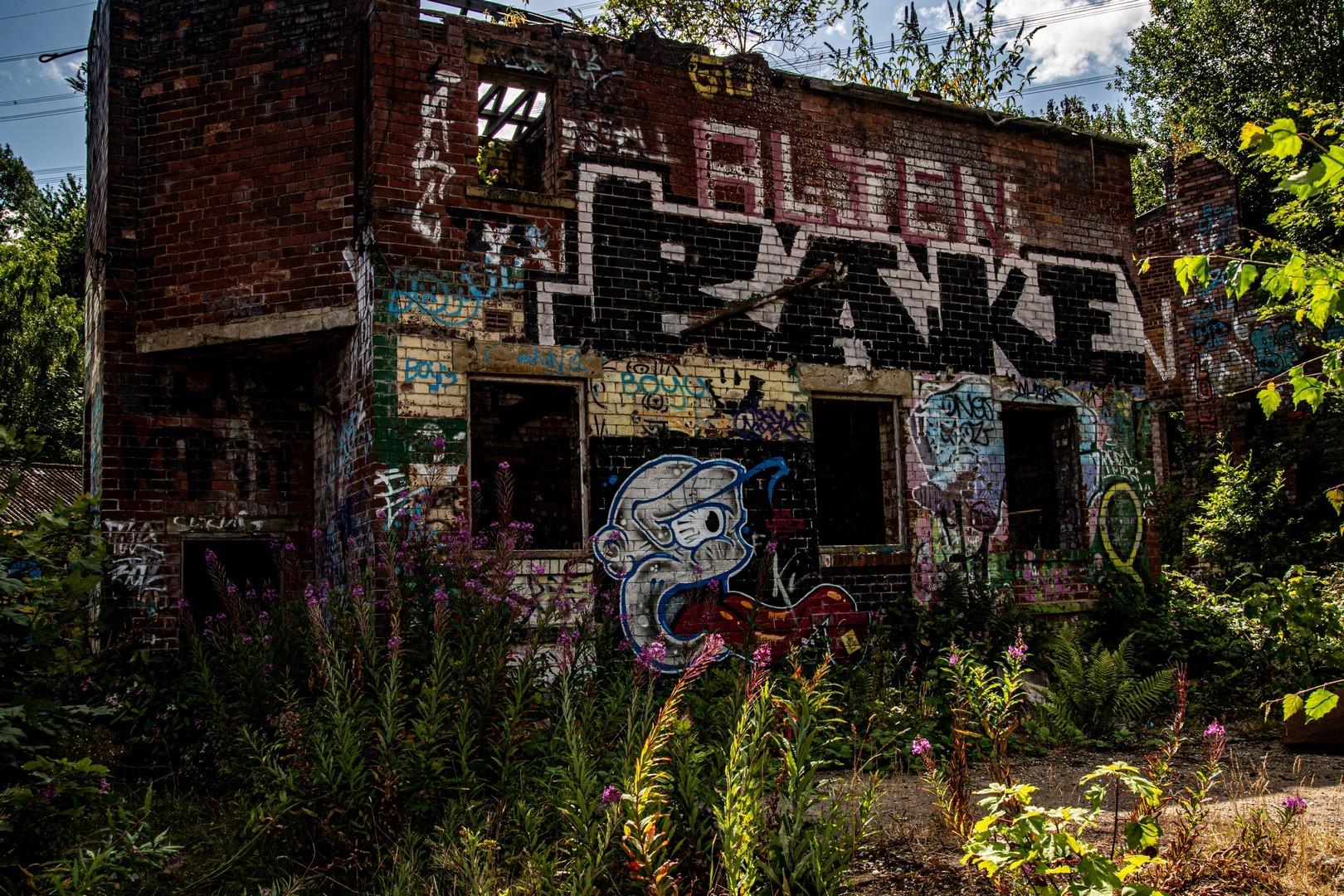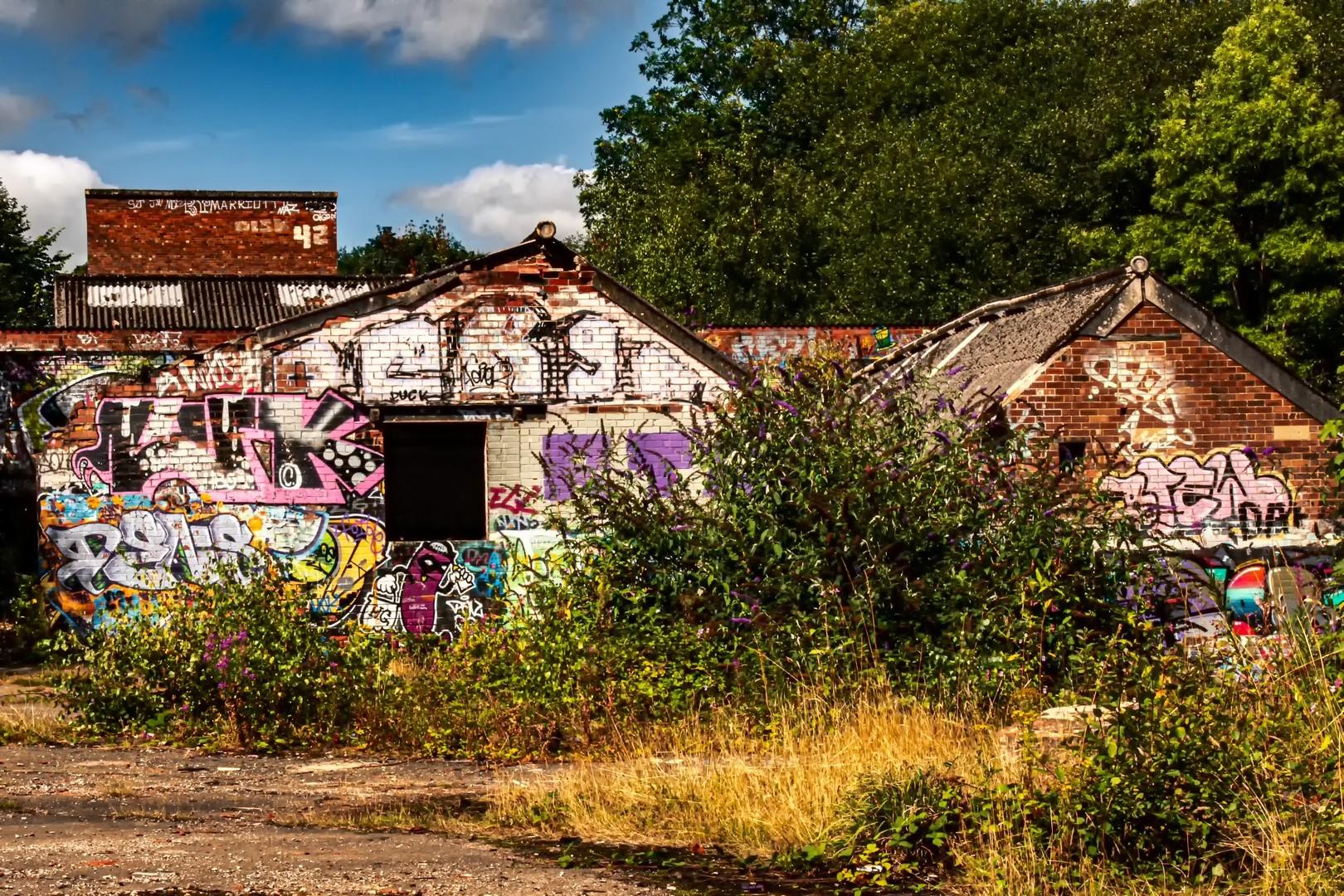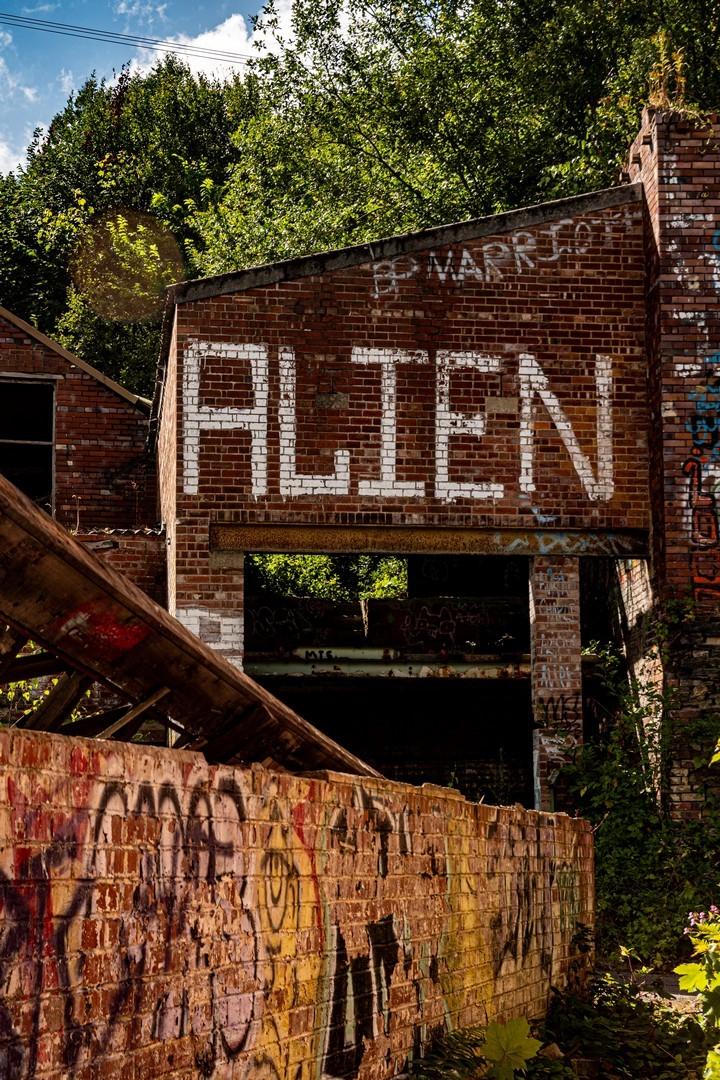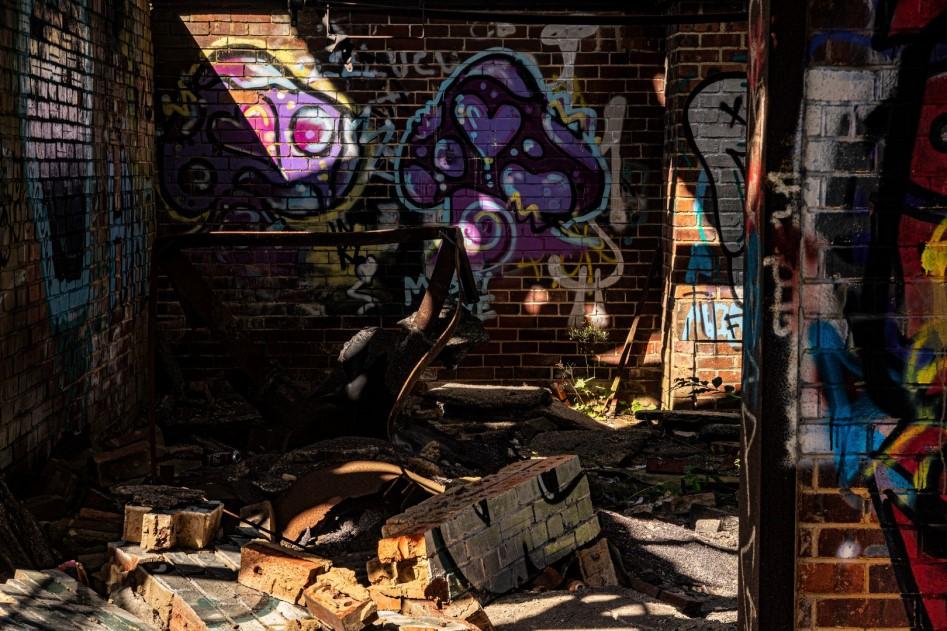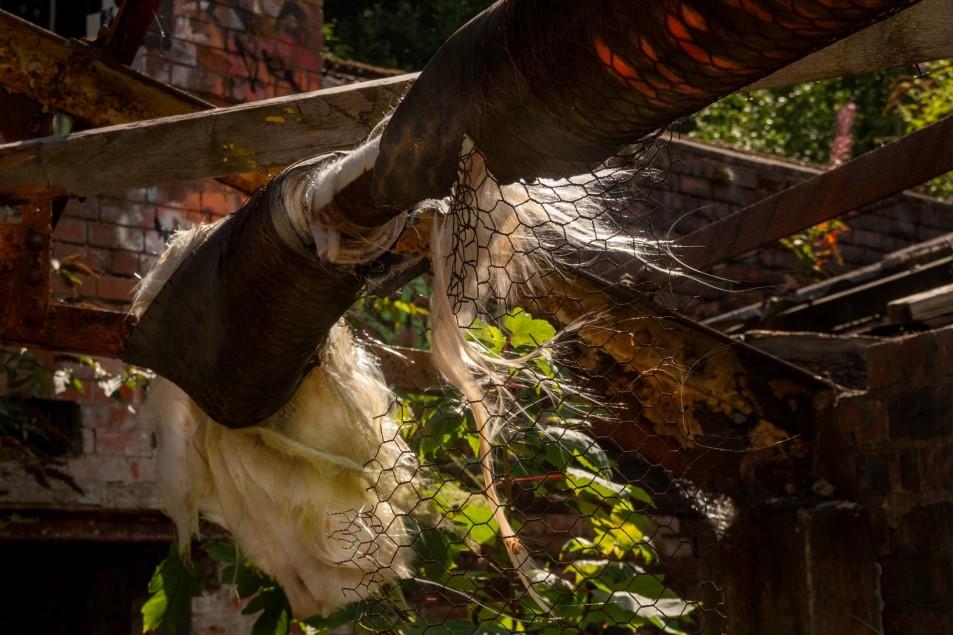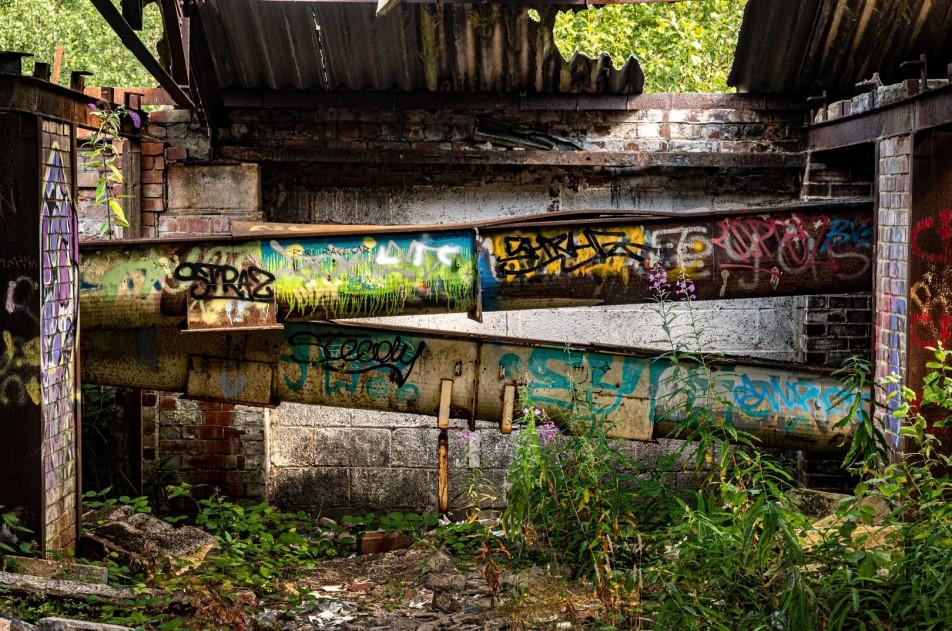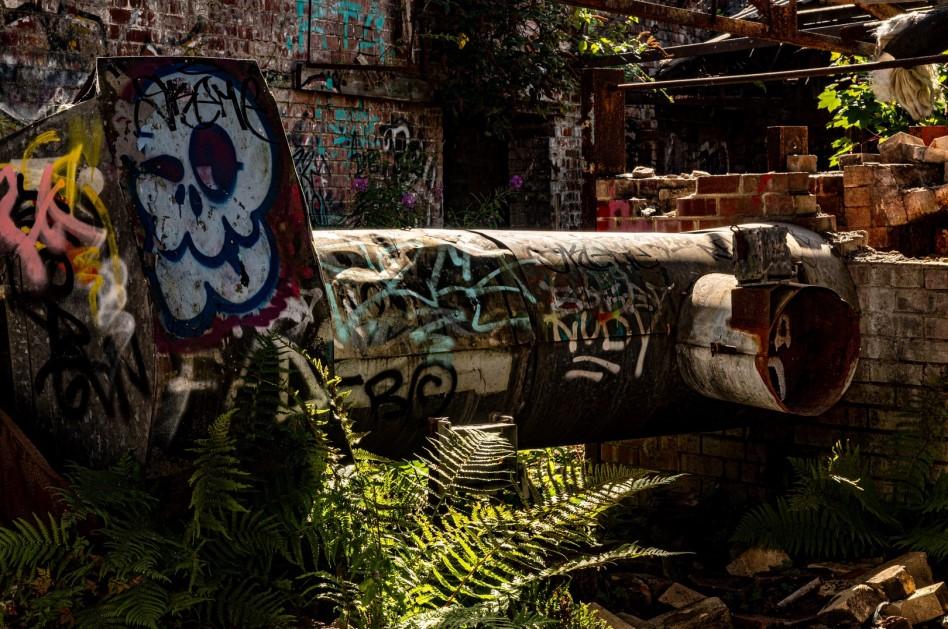














Showcase provides a platform for contributors to our monthly meetings to display the work they have shared.
Contributors have curated their own images and provided the accompanying text making this a collaborative group venture.


Designed and compiled by Lyn Newton
Chaired by Patricia Ruddle
Contributors:
Carol Olerud
André Bergmans
Andrew Hersom
Peter Bartlett
Wendy North
John Elvin Images and content of this publication are the copyright of the photographer unless stated otherwise
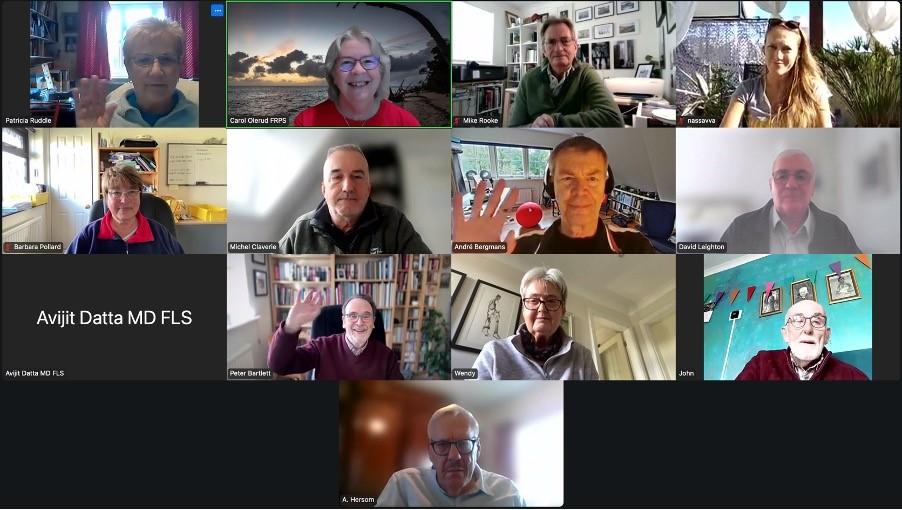
From October 2024 to April 2025 my photos are part of a joint art exposition in 'De Componist Healthcare Centre' in Nieuwegein, The Netherlands.
Four artists are represented - Charlotte van Zwol and Ineke Oudes, both painters, and Monique Parmentier and I, both photographers. The images all show landscape or abstract work in various styles and sizes. A good mix to cheer up the patients waiting to see their healthcare providers.
Australia is a beautiful country and the theme of water appeals to me greatly. Having been born and bred in Queensland and living close to the sea, it’s no wonder I enjoy it so much. Along the coast of Queensland you have many beautiful coral islands with gorgeous white sandy beaches. You are spoilt for choice without even realising it.
I travelled here most recently in 2015 and in 2019 to island hop, snorkel and marvel at the wonderous scenery. It is very good for any mental health issues, you calm down and without even knowing it, become mindful of your day. Sun, sand and sea are remarkably healing.
Location: Gezondheidshuis, Diepenbrocklaan 1-4, 3438 XZ Nieuwegein.
Open weekdays 08:00-17:00 (free to visit)
More info at www.carololerud.com And www.kunstgein.n
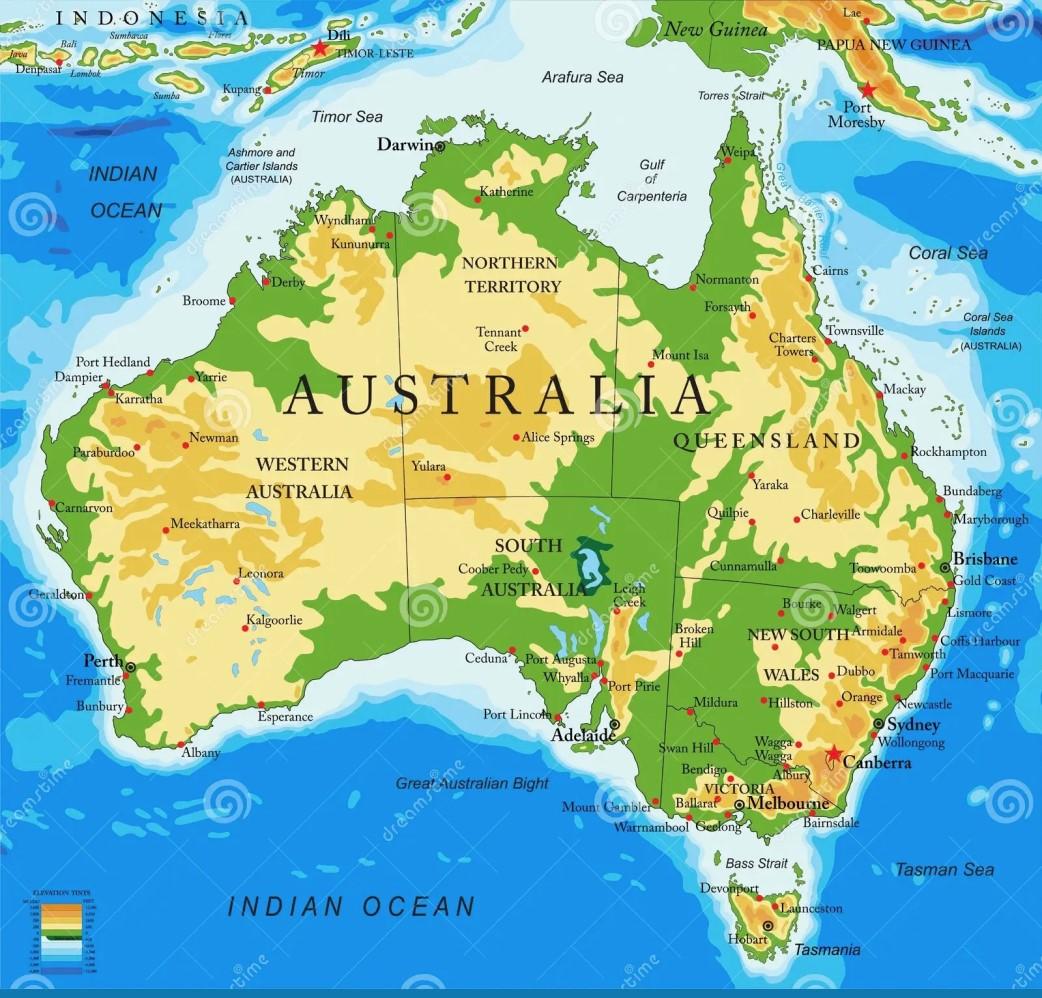

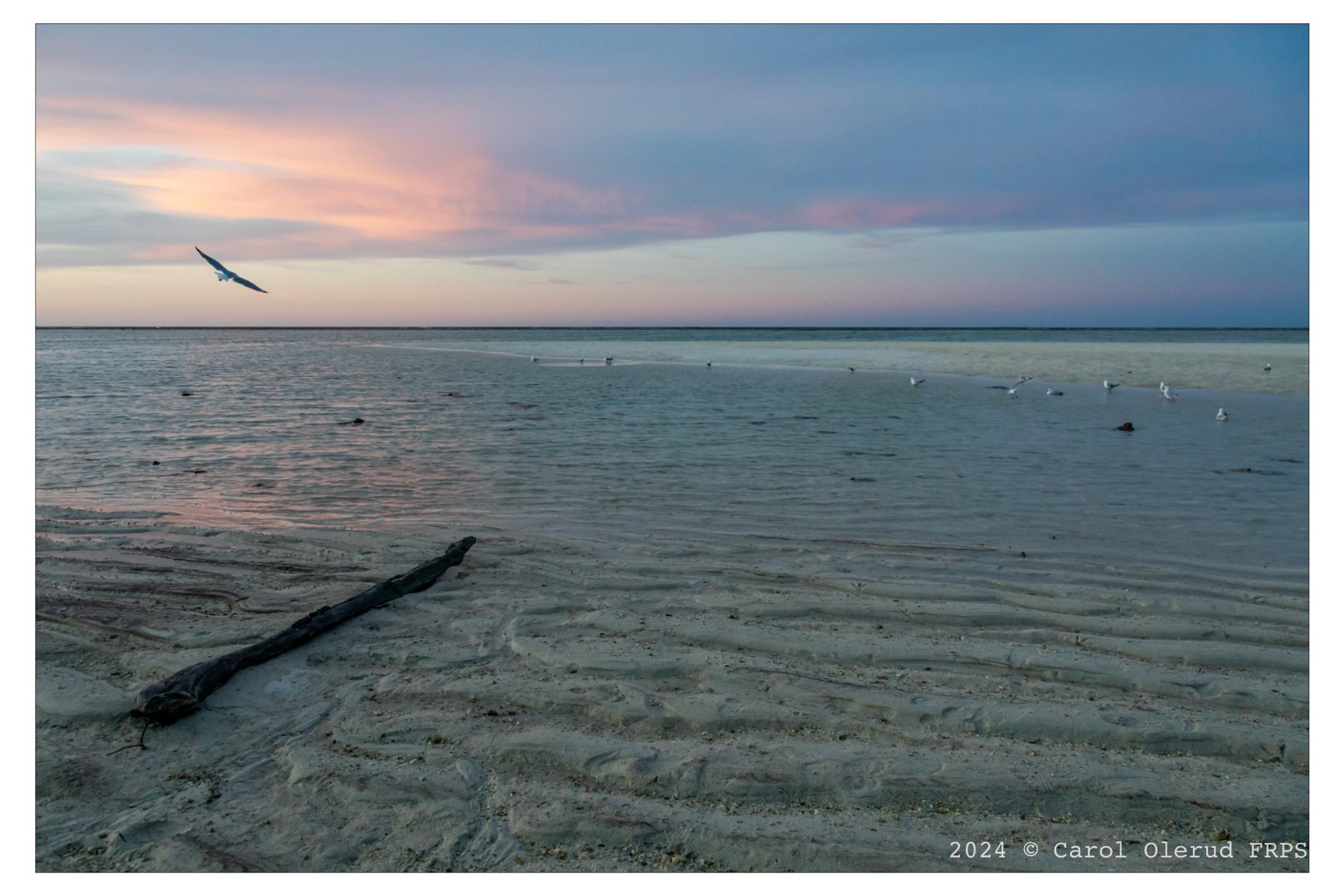
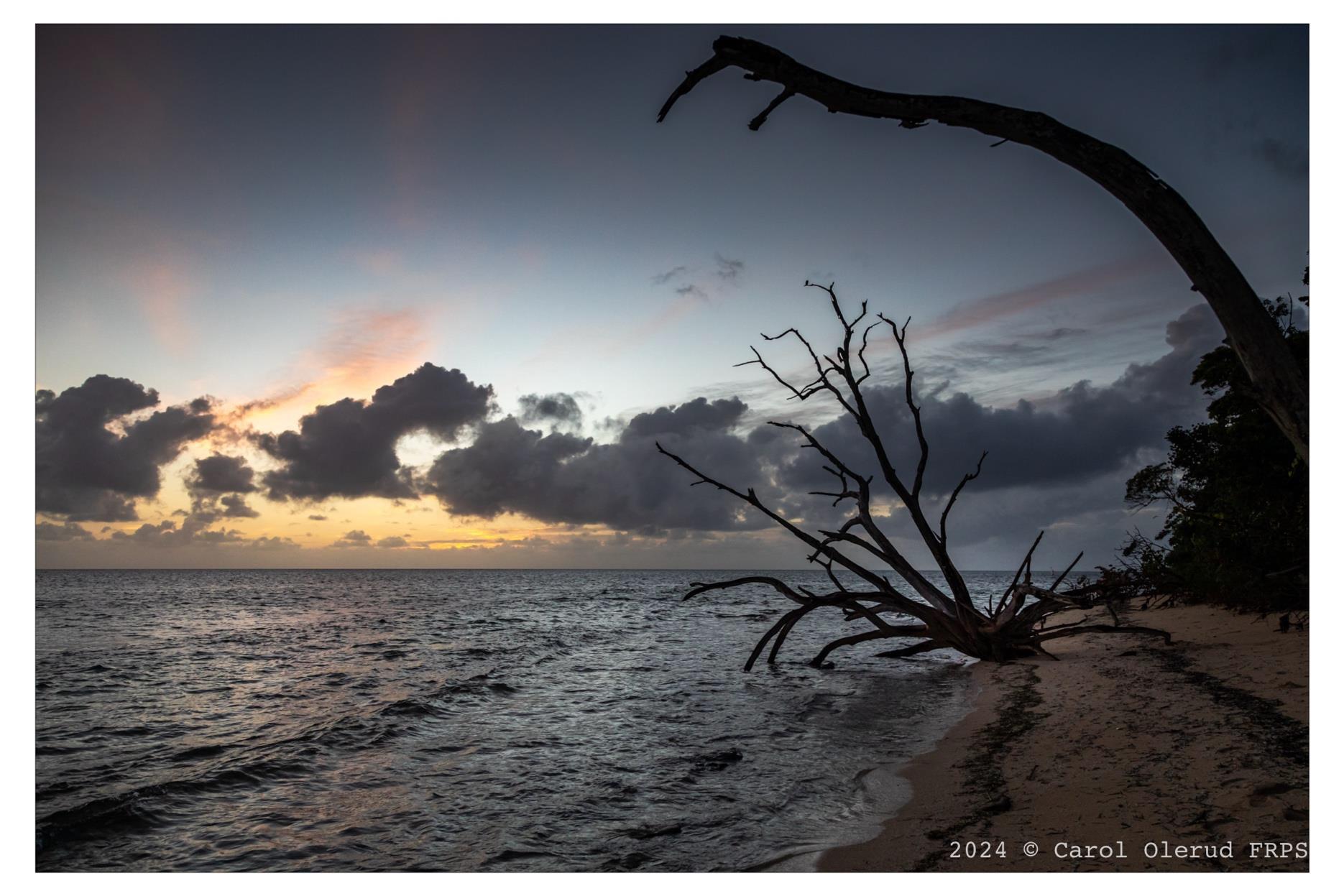
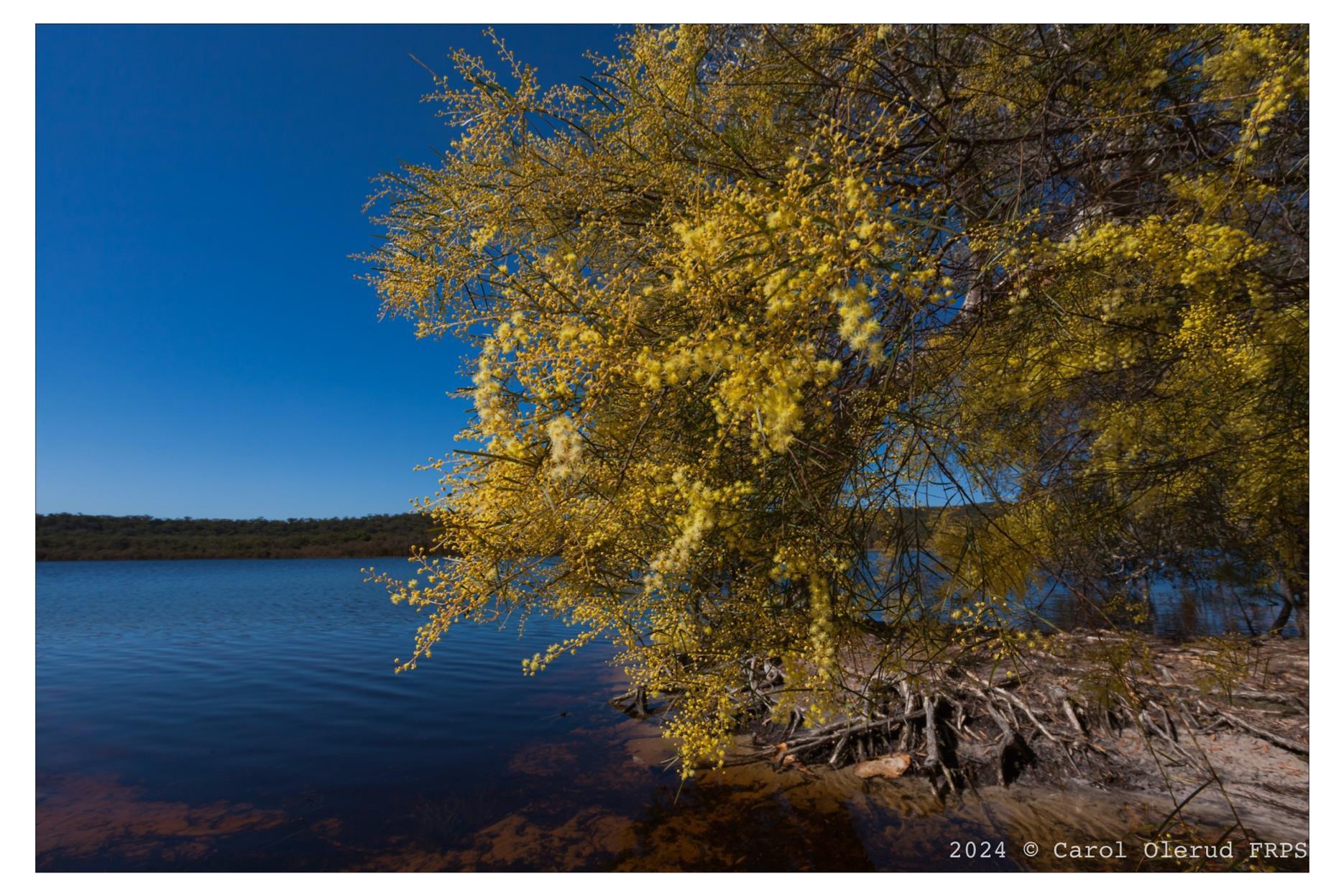
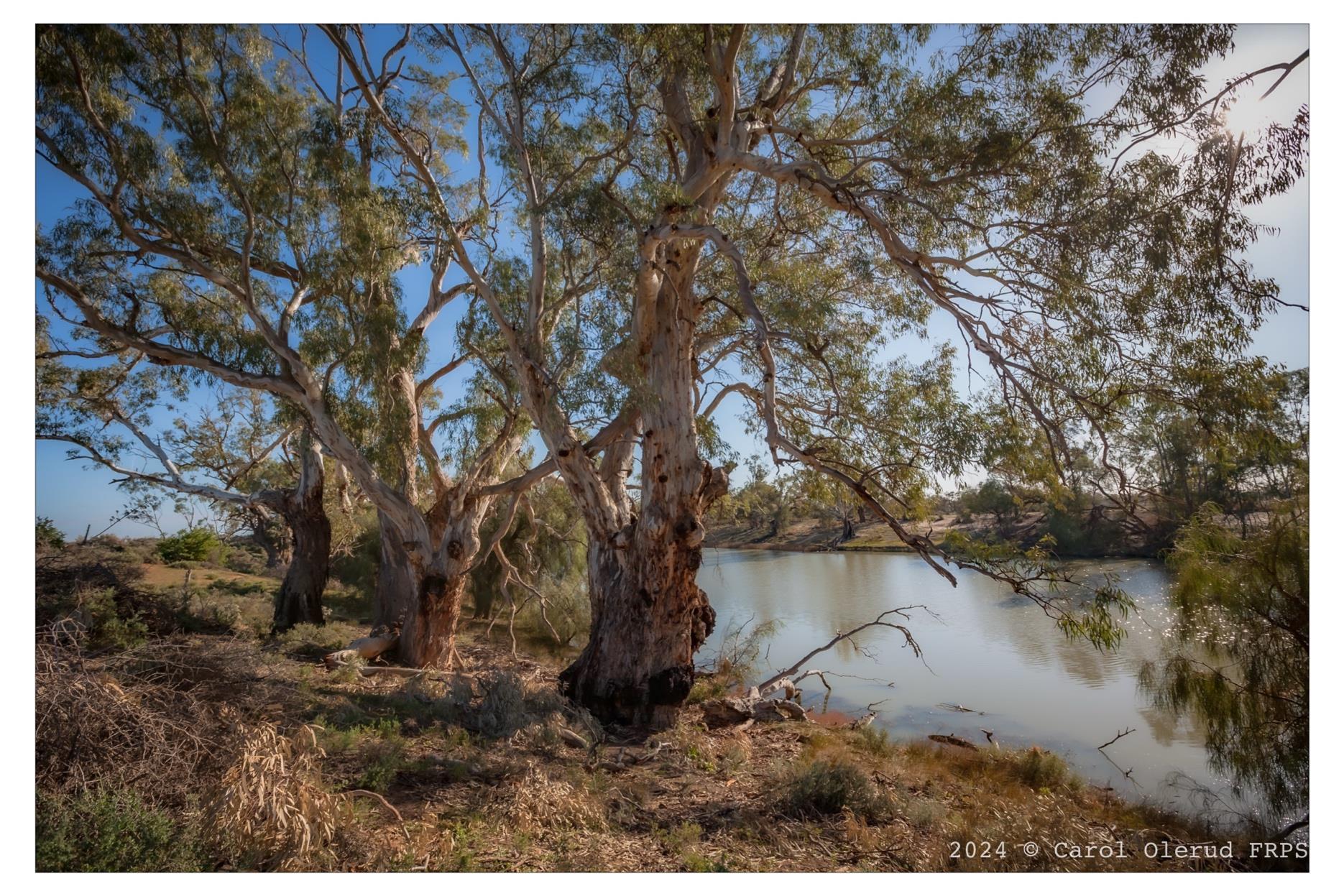
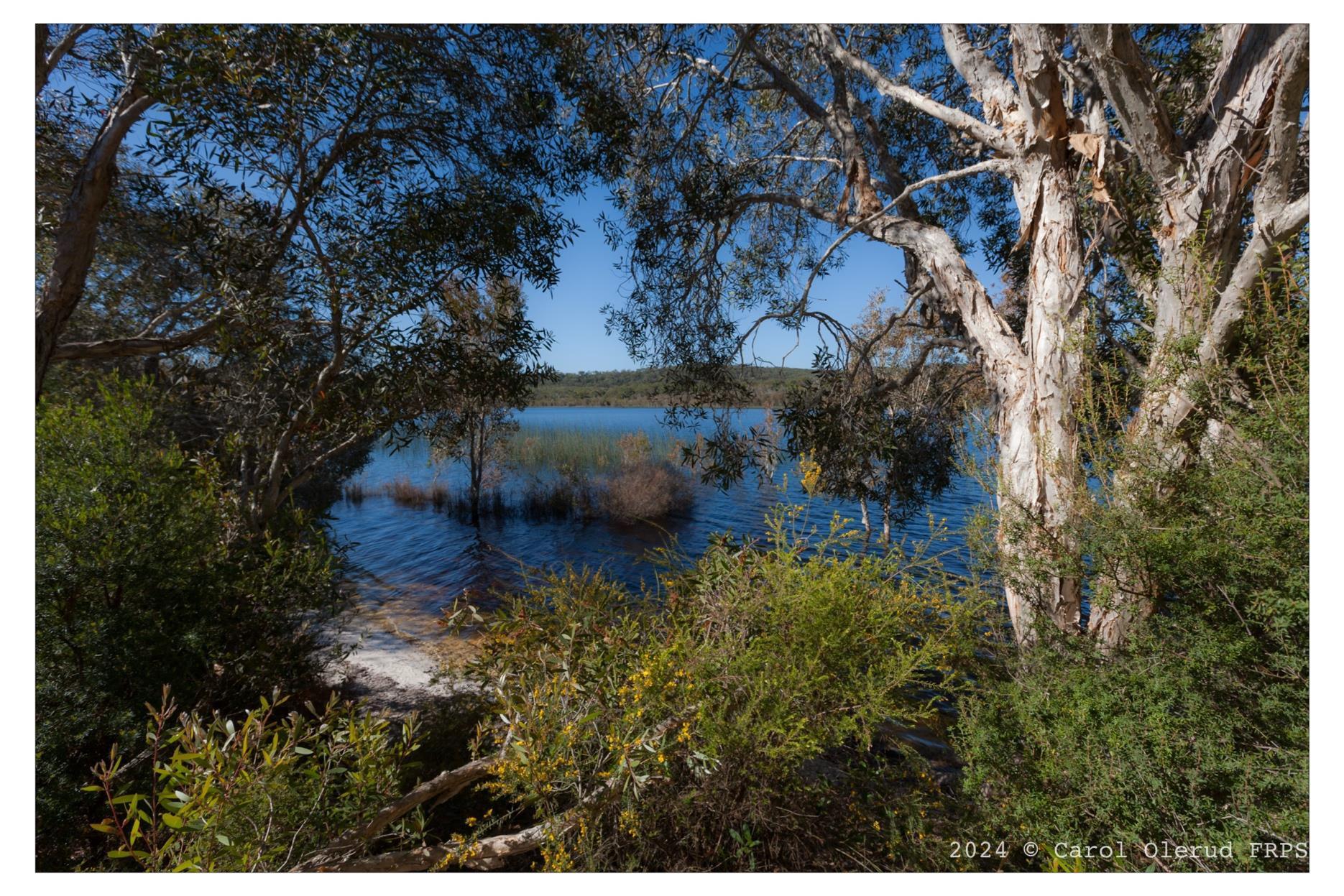
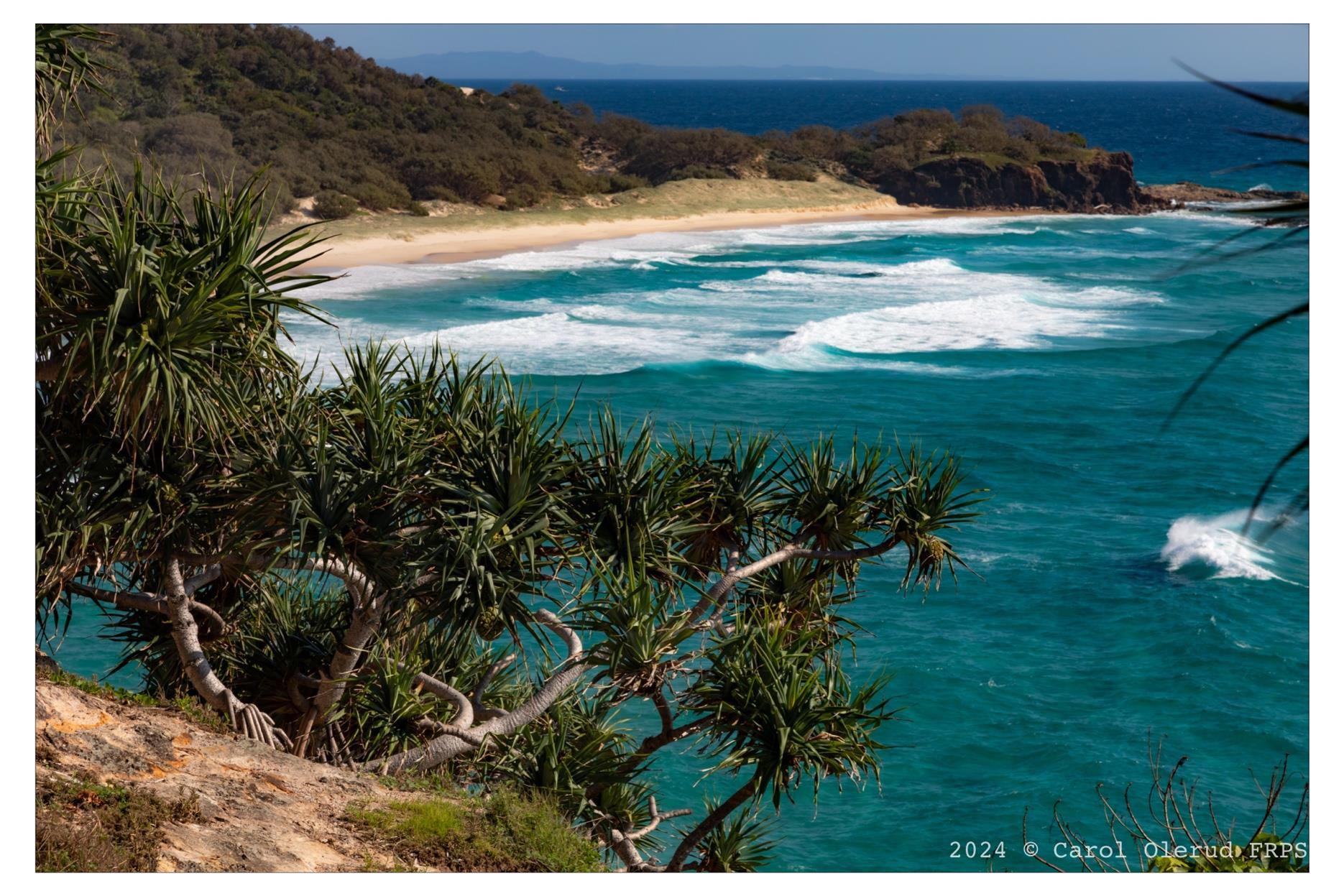
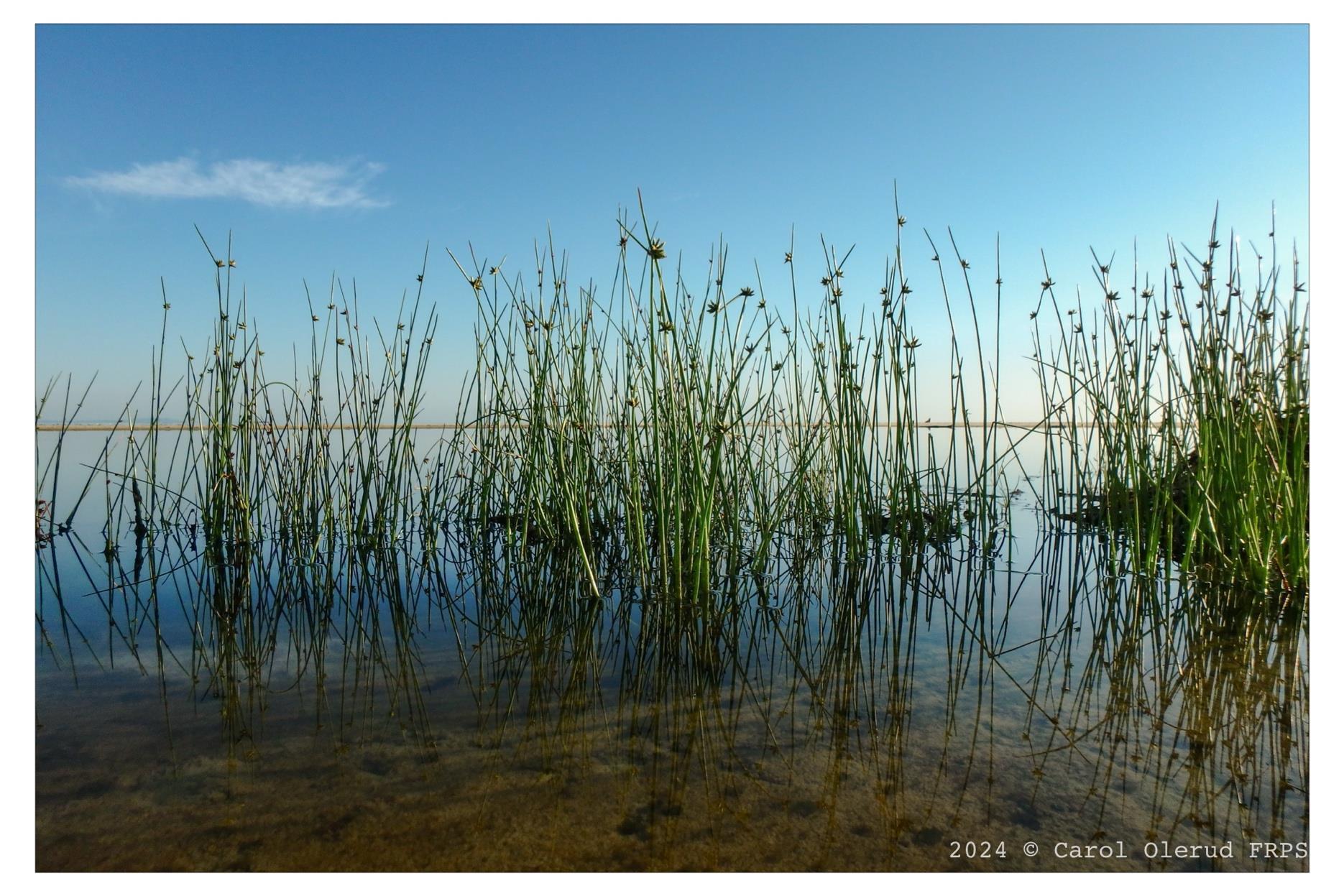
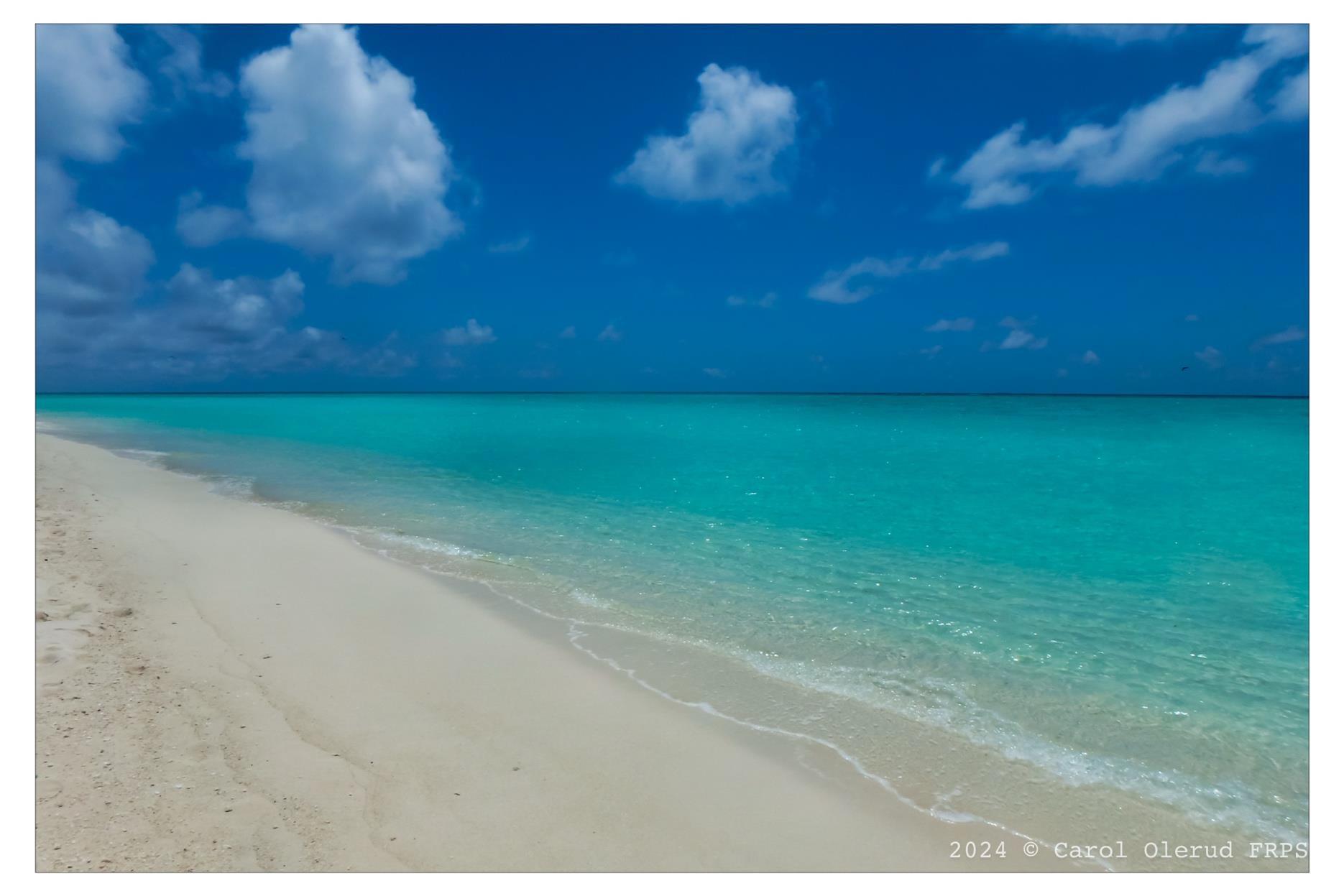
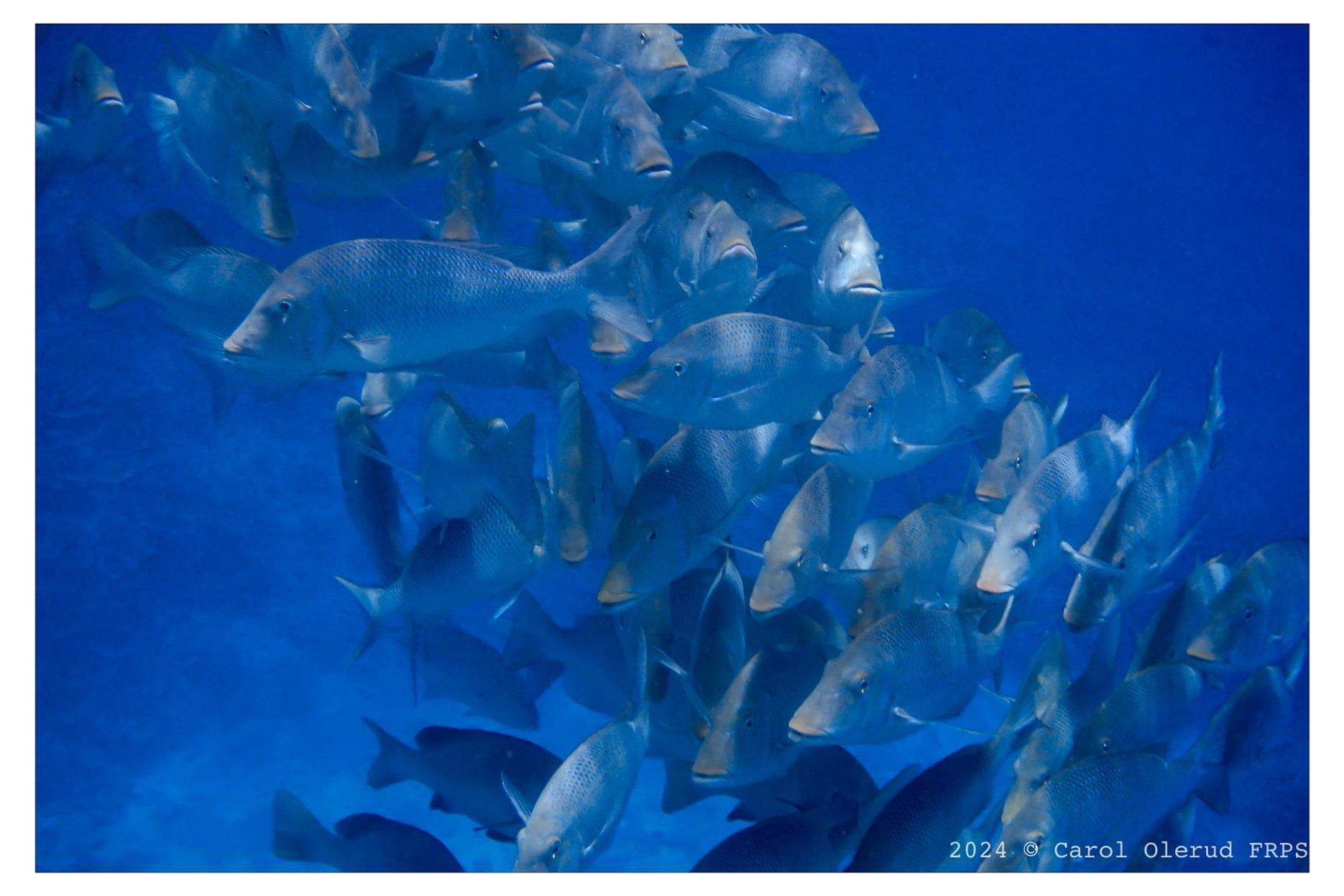

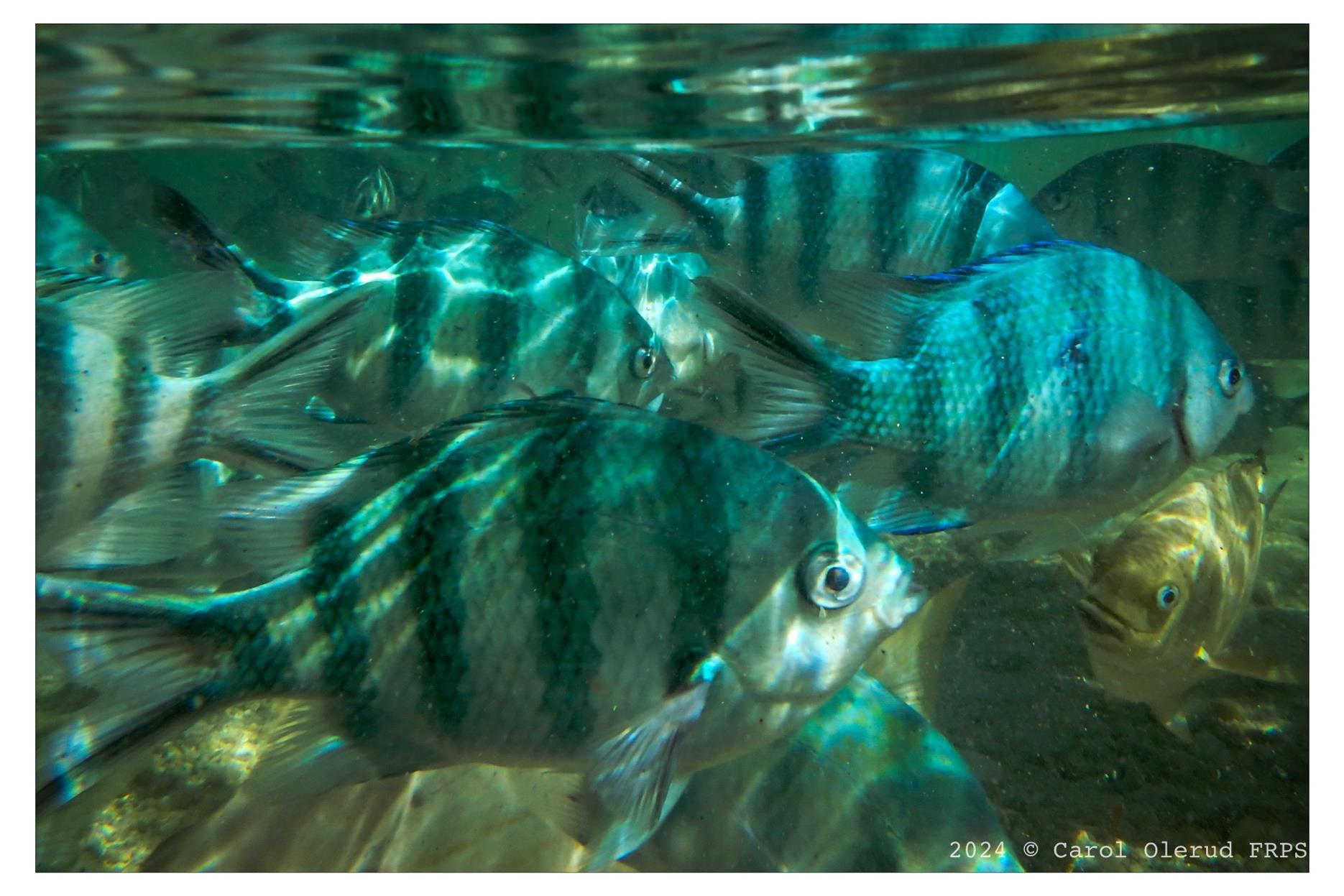
In the past if you were a psychiatric patient, you actually died three times. First you were expelled from society and put away in a closed institute, fenced in the Netherlands, sometimes with a canal around it. Being institutionalised was often for the rest of your life. When you died you were buried on the premises of the institute, often ‘hidden in the woods’ at places not accessible to the general public. Graves were unmarked or only marked with a simple stone or concrete tile according to social or economic class. In many cases there were no names on the graves, just numbers. This third death removed you from collective memory as if you never existed. The cemeteries were often ‘given back to nature’ or simply neglected. They are not in use any more today.
At first, I started to visit these places with a documentary intent. But working in several of these premises in the Netherlands made me wonder who these people were who are now so hidden away and anonymous. I wondered what their sad stories would be. I tried to visualize how they would be dressed and how they looked. Could we bring them back photographically?
To bring them back I did not choose to use photographic models or old photographs but used Artificial Intelligence and extensive post-processing. By studying the history of psychiatric treatment at the end of the 19th and beginning of the 20th centuries, I could phrase specific and detailed questions to the AI system to get the images that I wanted as input for my post-processing.
By pairing these portraits to actual images taken at various psychiatric cemeteries in the Netherlands, I could bring these clients back to life in my fantasy, giving me an awareness that these characters were once real people who deserve respect. By doing this, the project became more contemporary or conceptual than strictly documentary.
Disclaimer
"This photographic work is a work of fiction, though photographs have been taken in real places. The human characters are imaginary and created by AI and computer post-processing. Any resemblance to or relation to actual persons or any relation to the cemeteries photographed is accidental."


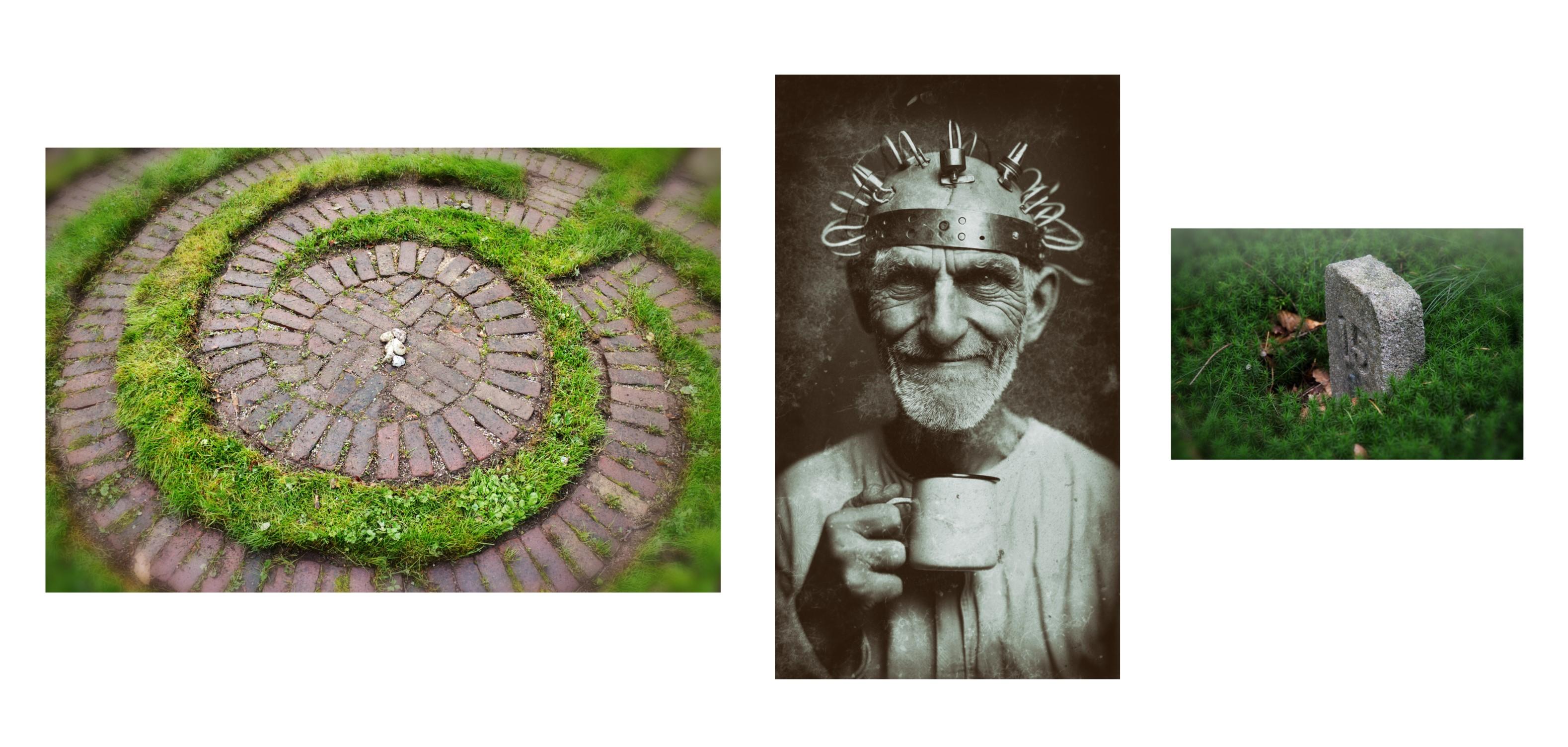
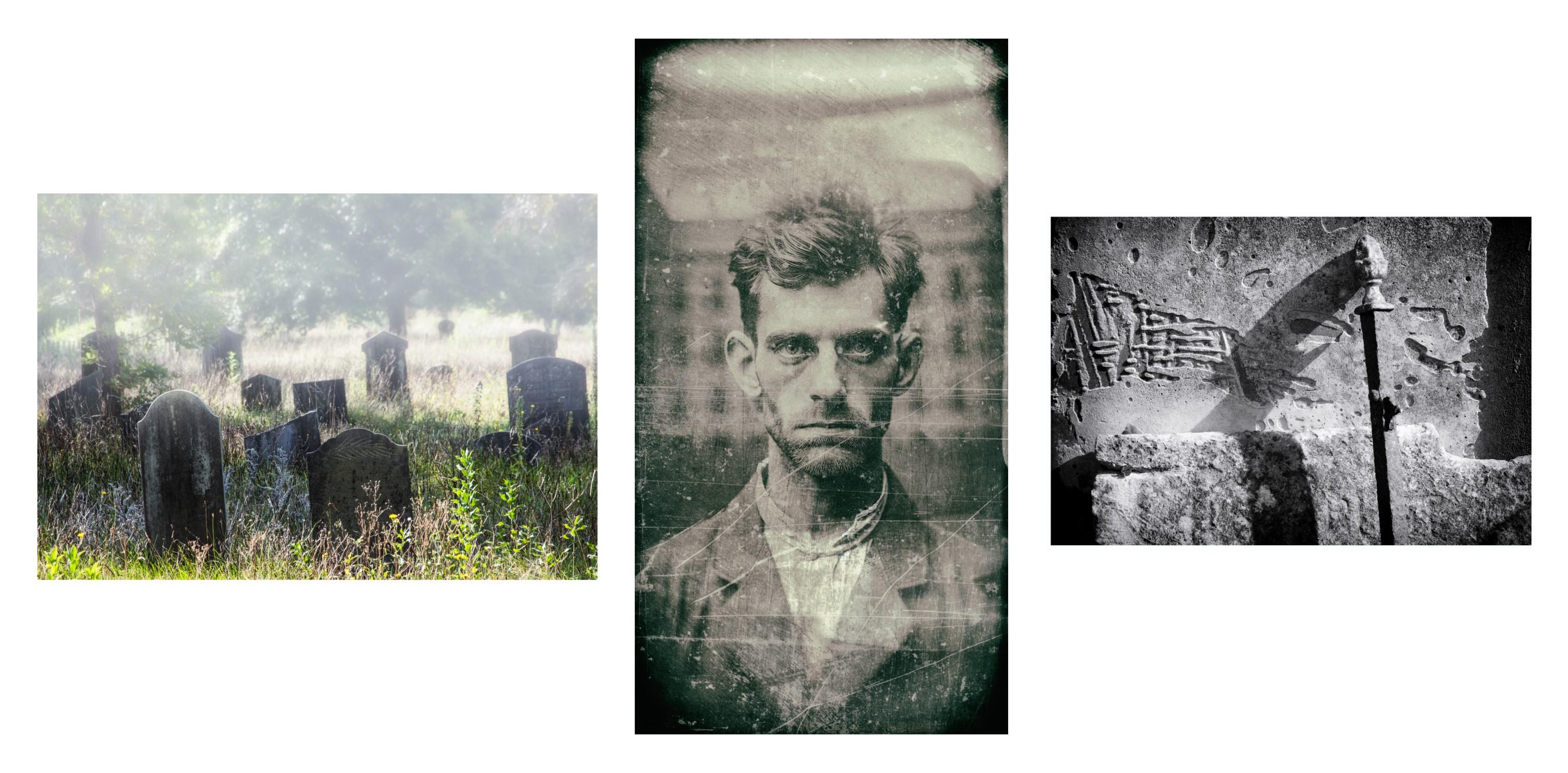
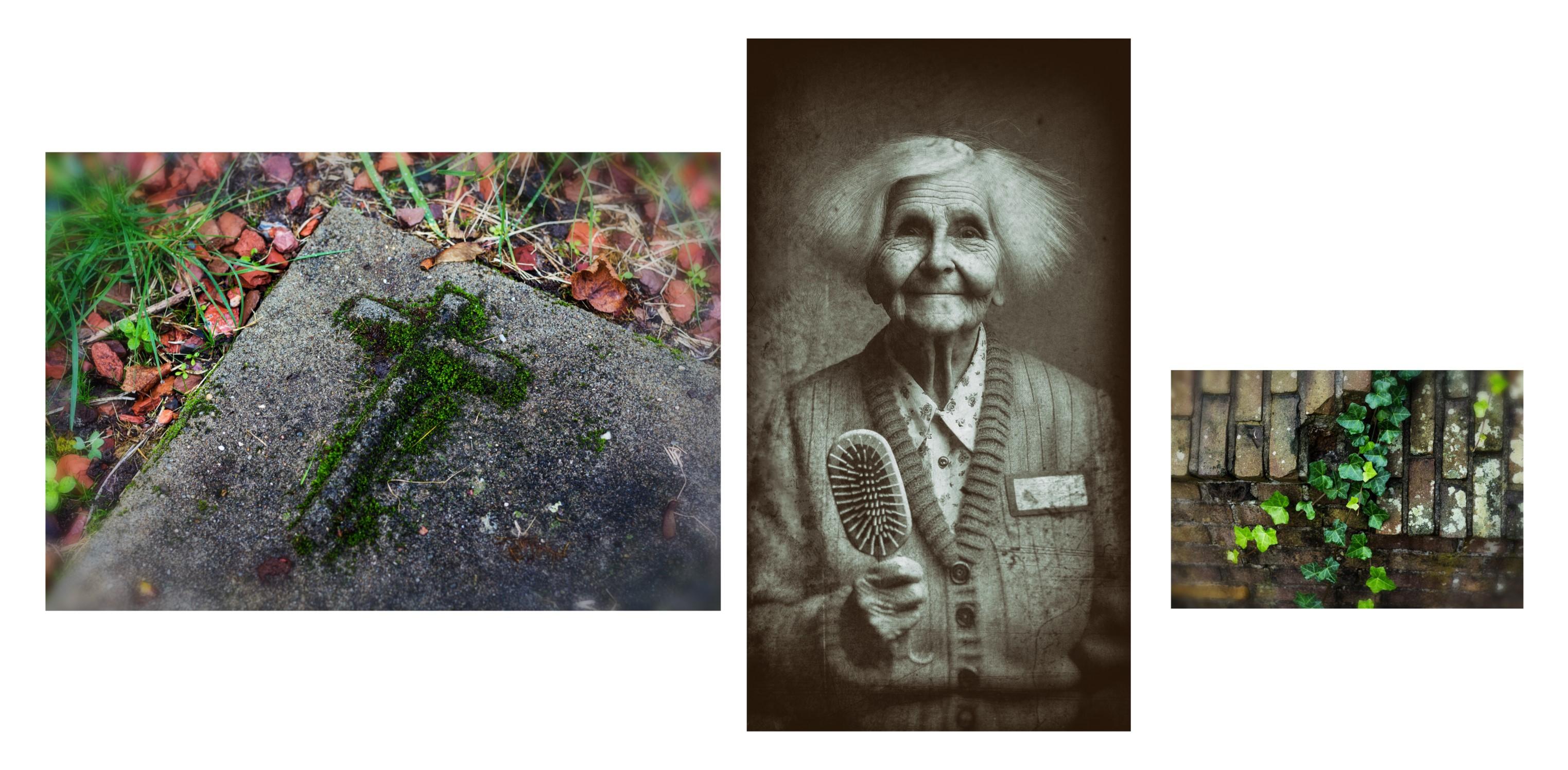
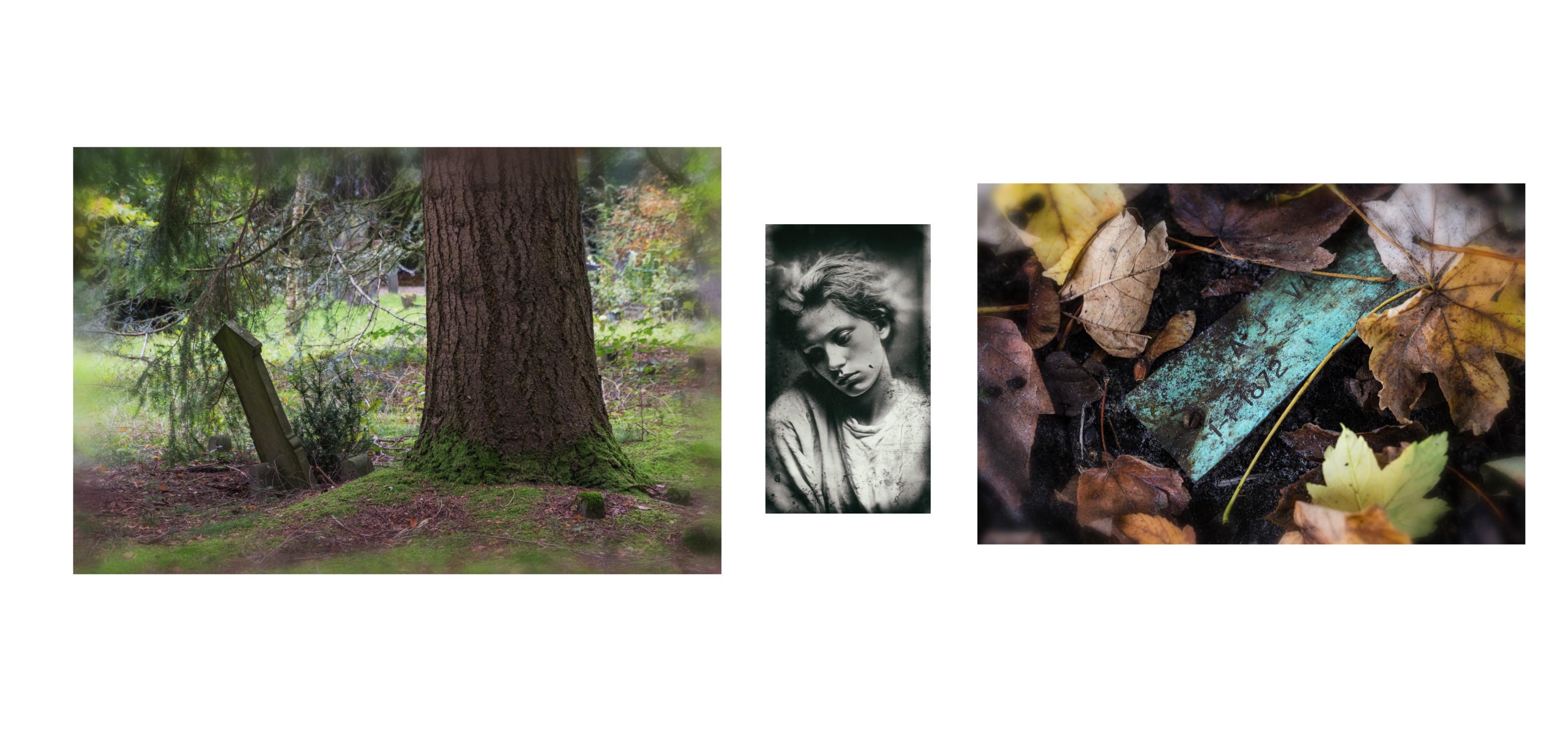

The first series of images of the old Humbrol/Airfix factory in Hull, were taken in 2008. The business had been closed down a couple of years previously and the buildings and the aeroplane had been vandalised. In 2024 I went back to rephotograph the site. The Humbrol buildings had all been demolished, the site completely redeveloped and it is now a technology park.
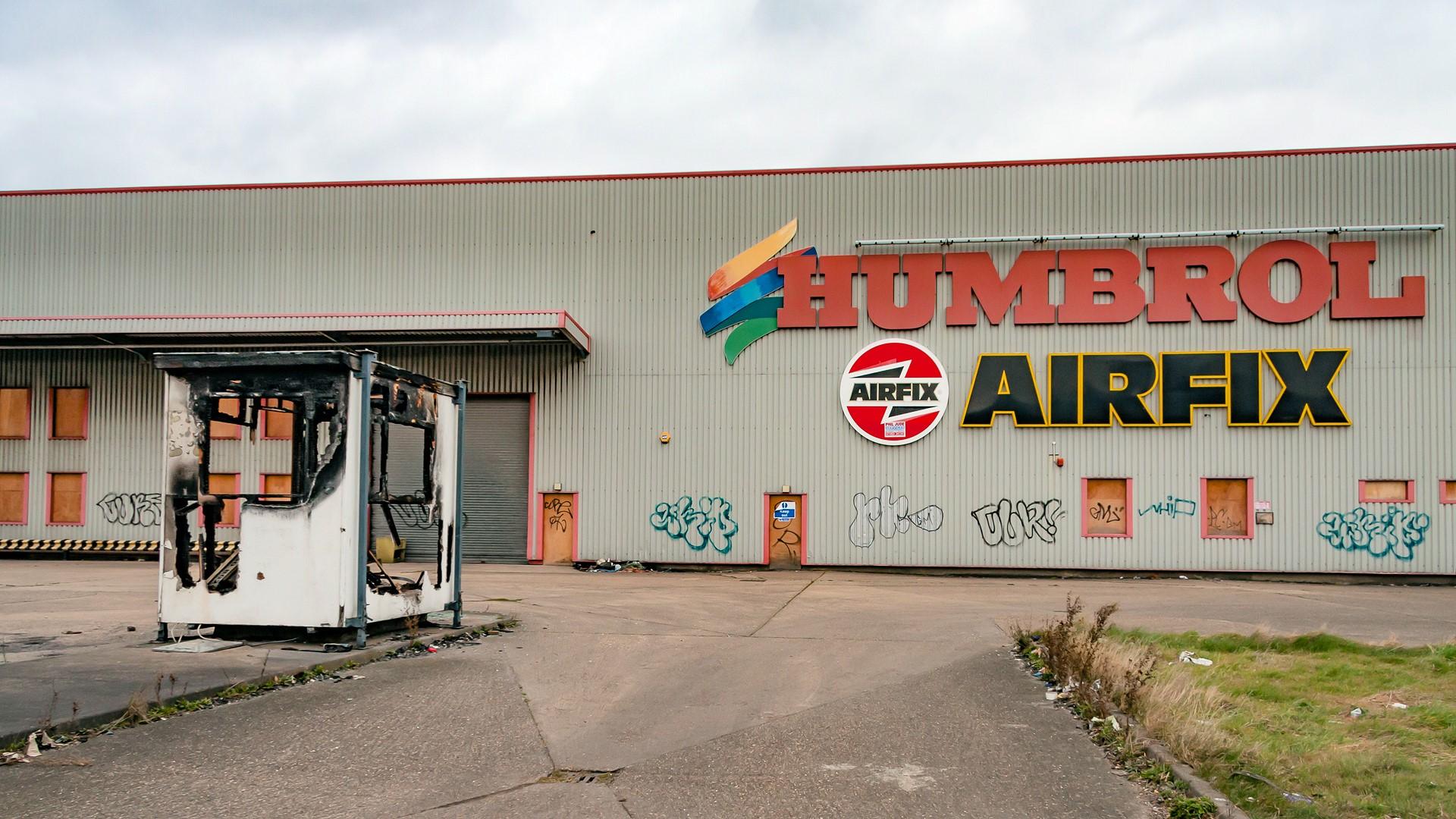
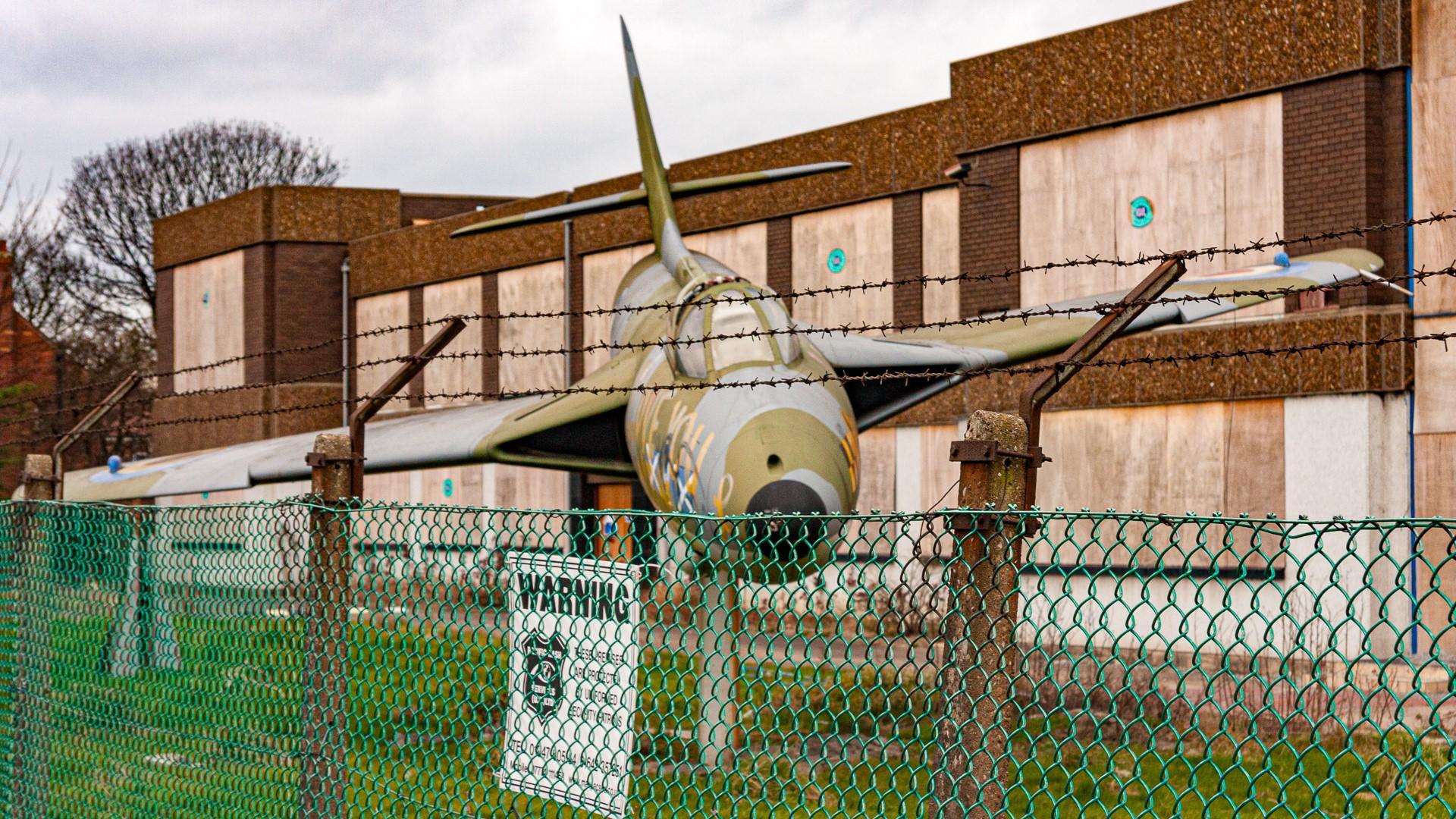

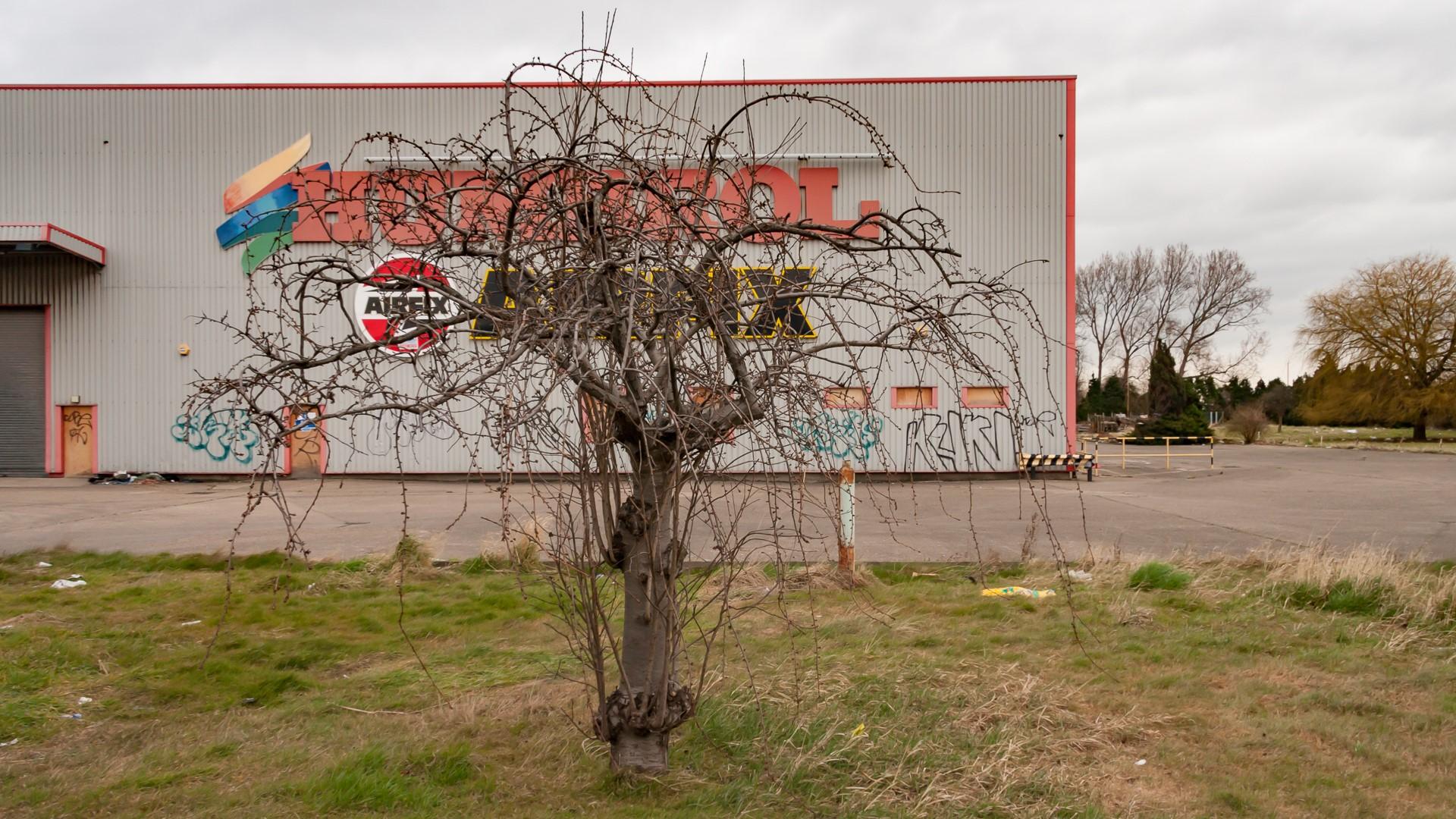
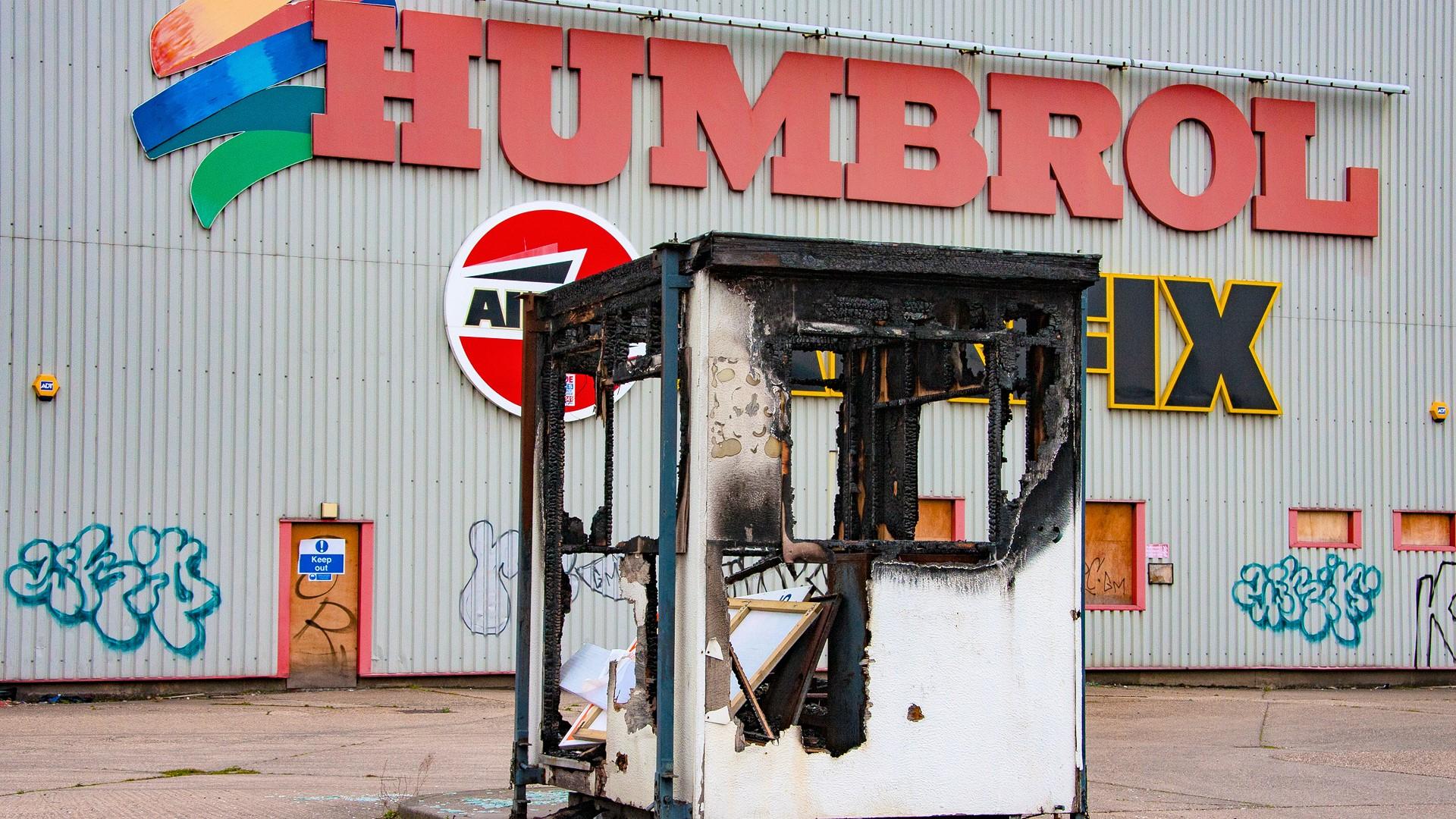
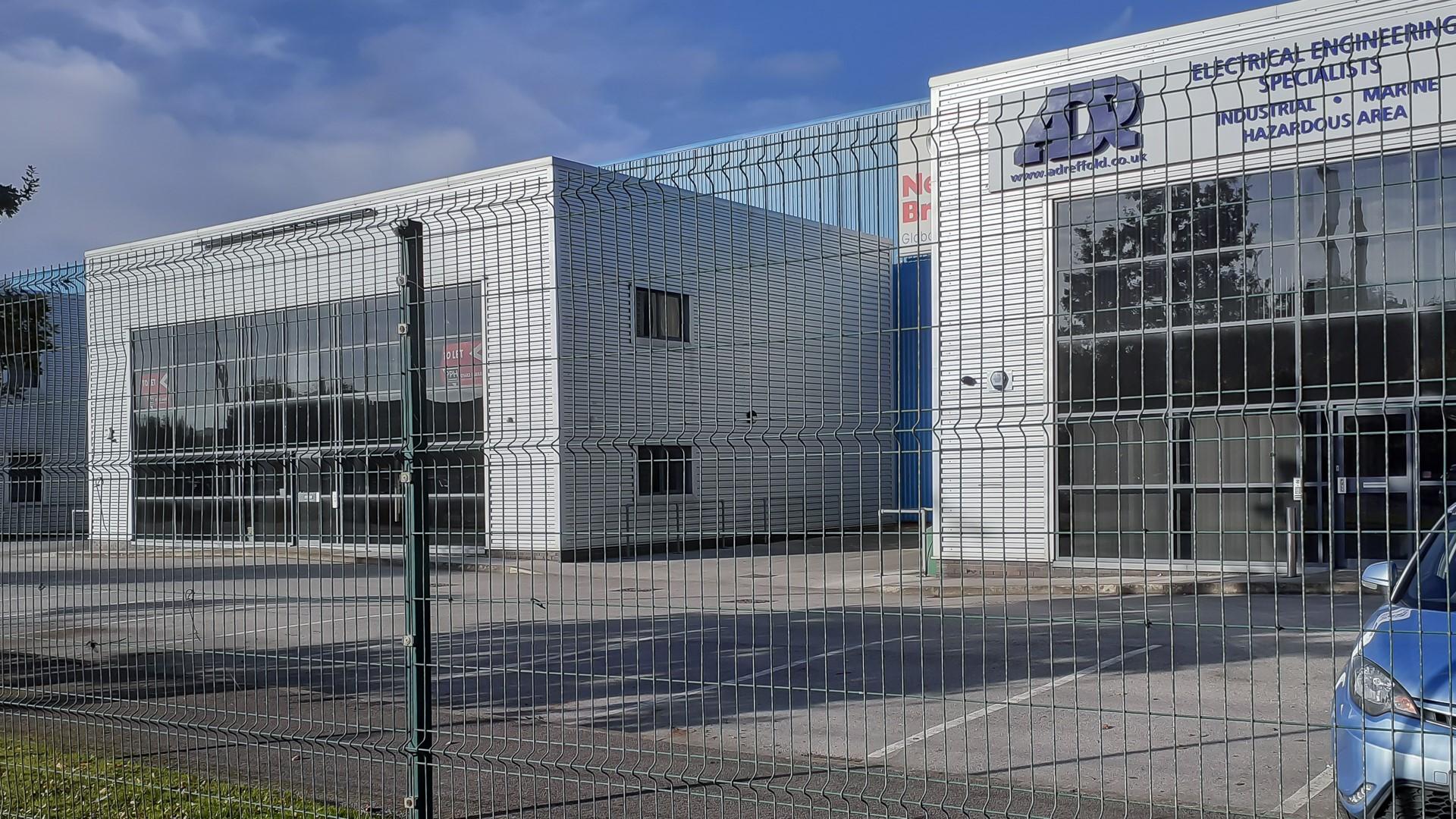

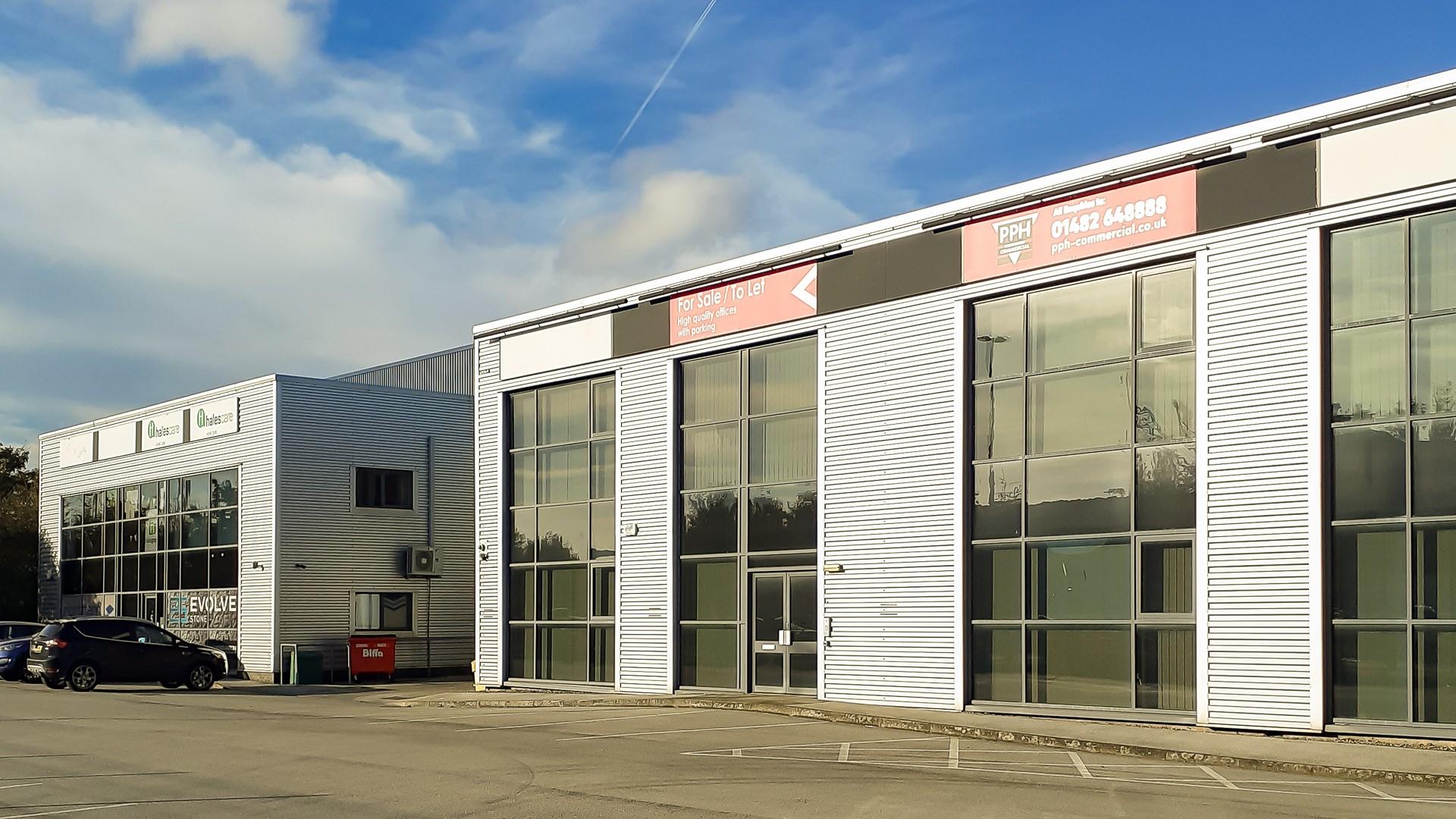
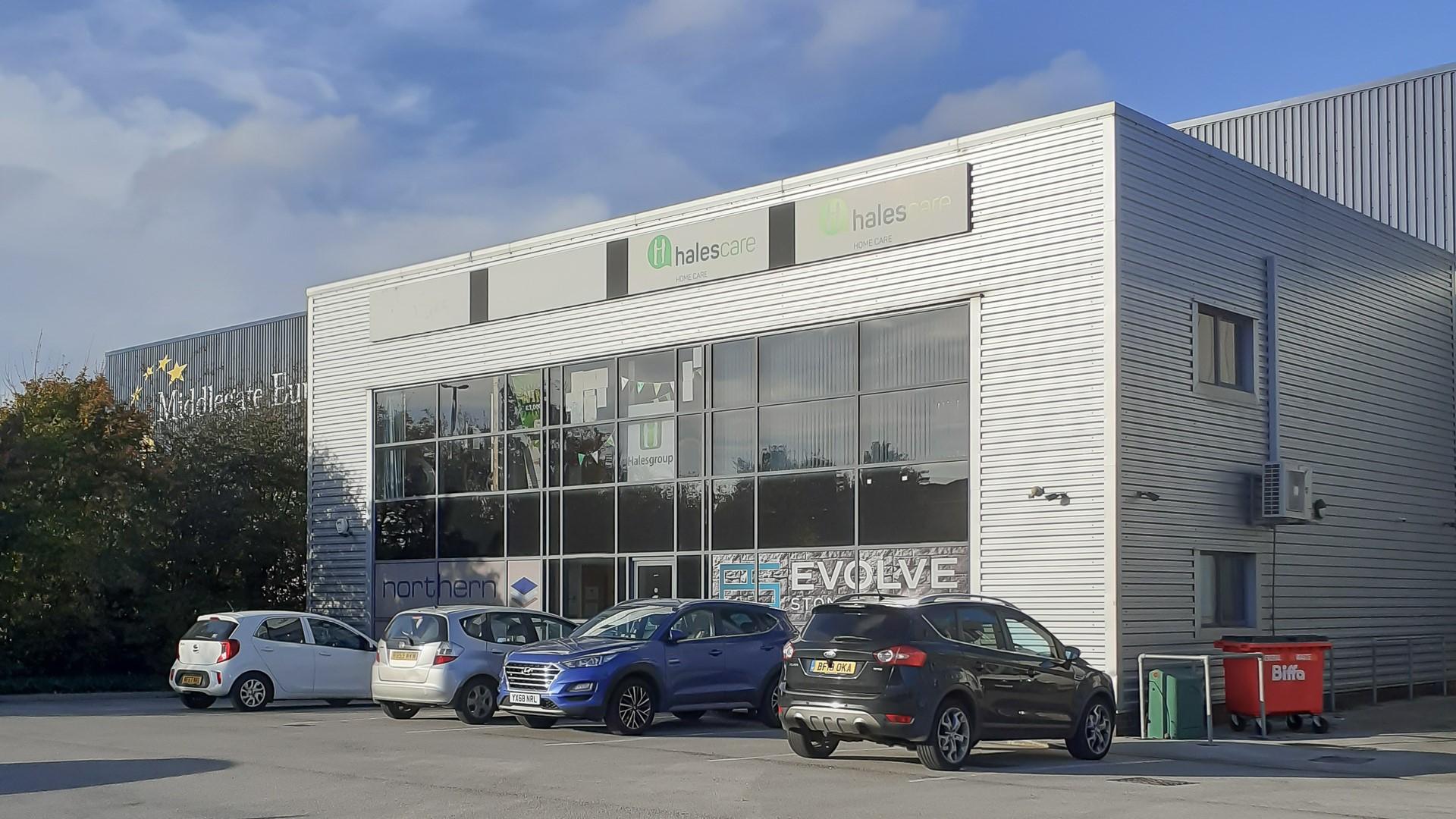
This is a selection of images from a self published book on the Blurb platform
I have always enjoyed the British High Street with its diversity of shops and businesses. At one extreme there are the large chains and at the other, the small independent shops that give each High Street a unique character. Our shopping habits have evolved significantly in recent years. Firstly, the shift to out-of-town retail parks and then the rapid growth of online shopping which has been turbocharged since the Covid 19 pandemic with more than 17,000 retail outlets closing in 2022. Even the large chains have not been exempt from this trend with many well-known names either disappearing completely or reducing their estate and withdrawing from some towns. Often criticised for making every High Street look the same the loss of these retail juggernauts and the reduction of footfall has resulted in many of their smaller independent neighbours becoming unsustainable and failing.
This combination of factors created a perfect storm with parts of many town centres turning into ghost streets with almost as many vacant as open stores. The outcome has highlighted a sense of loss of community and local culture and the uncertain future of our urban spaces.
I had been aware of this potential trend since the 2010s when retail analysts were arguing that many major chains had far too much capacity and would need to restructure or risk going to the wall. In 2016 and for several years beyond I photographed closed and closing shop premises mainly across the North of England.
I made a conscious decision to adopt a deadpan approach to most of the subjects and present them in monochrome to underscore the feeling of cultural loss and social change that the decline of the traditional High Street reflects.
The whole book can be viewed by following this link: https://www.blurb.co.uk/b/12151294-closed-down
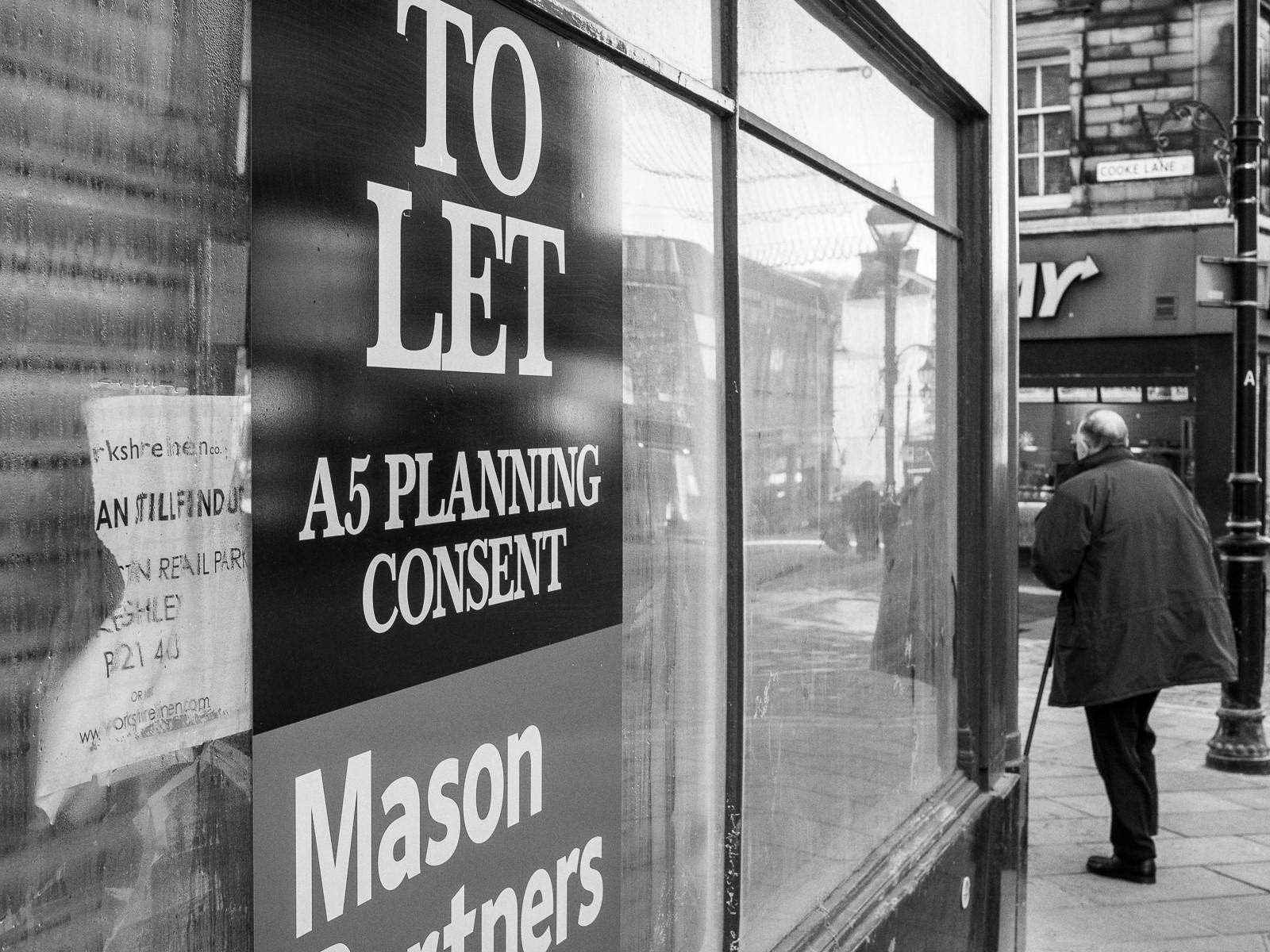
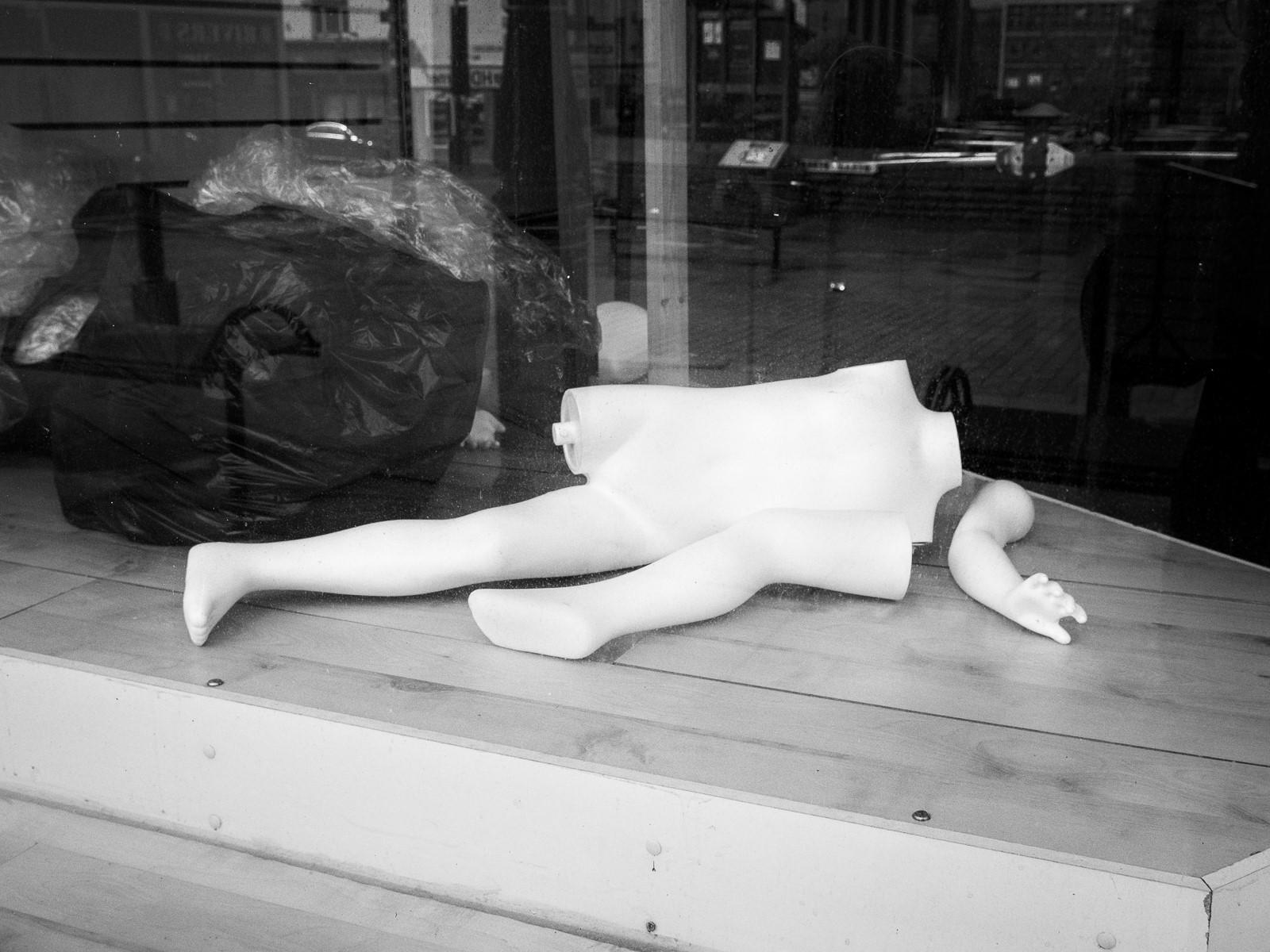
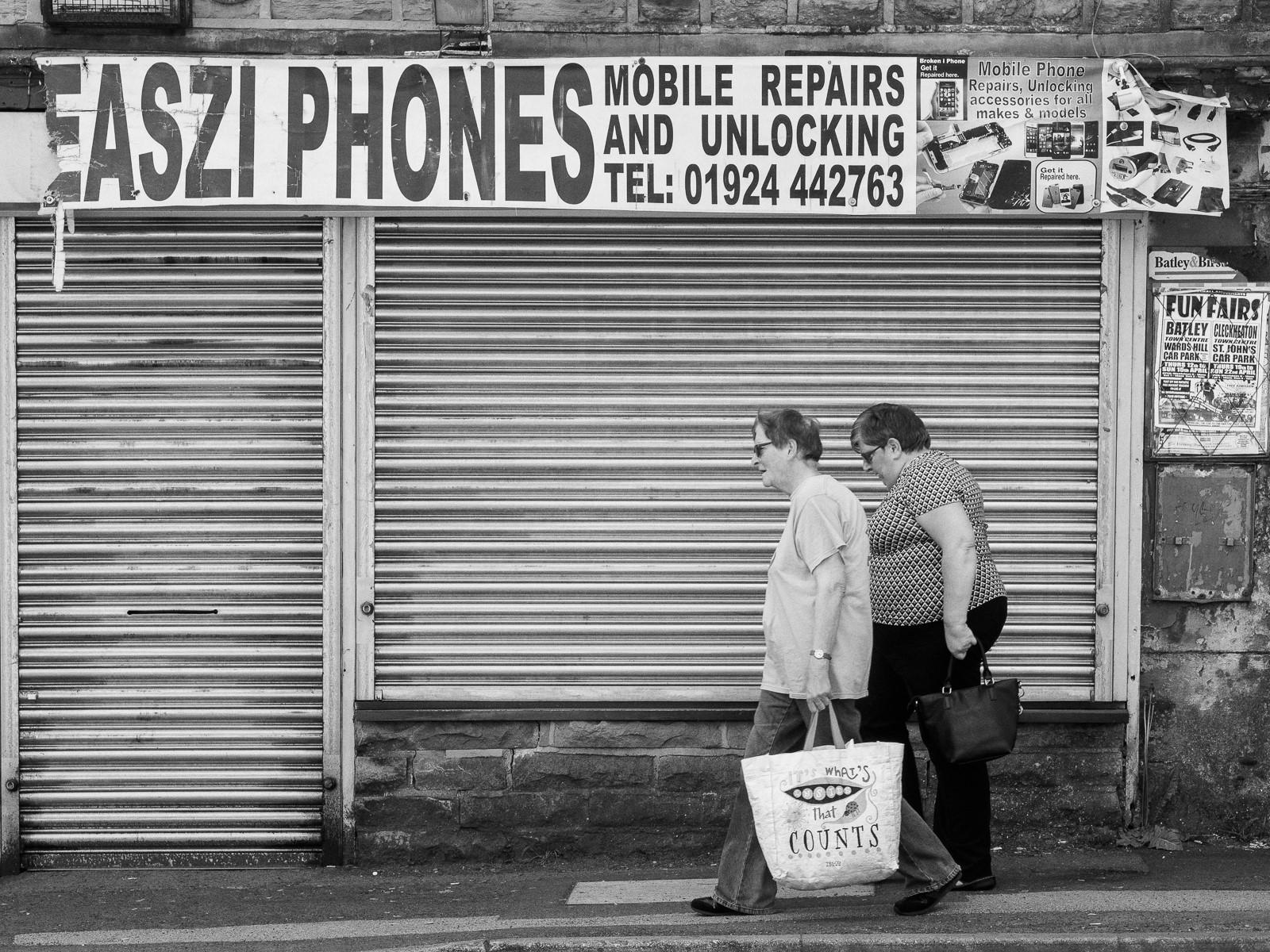
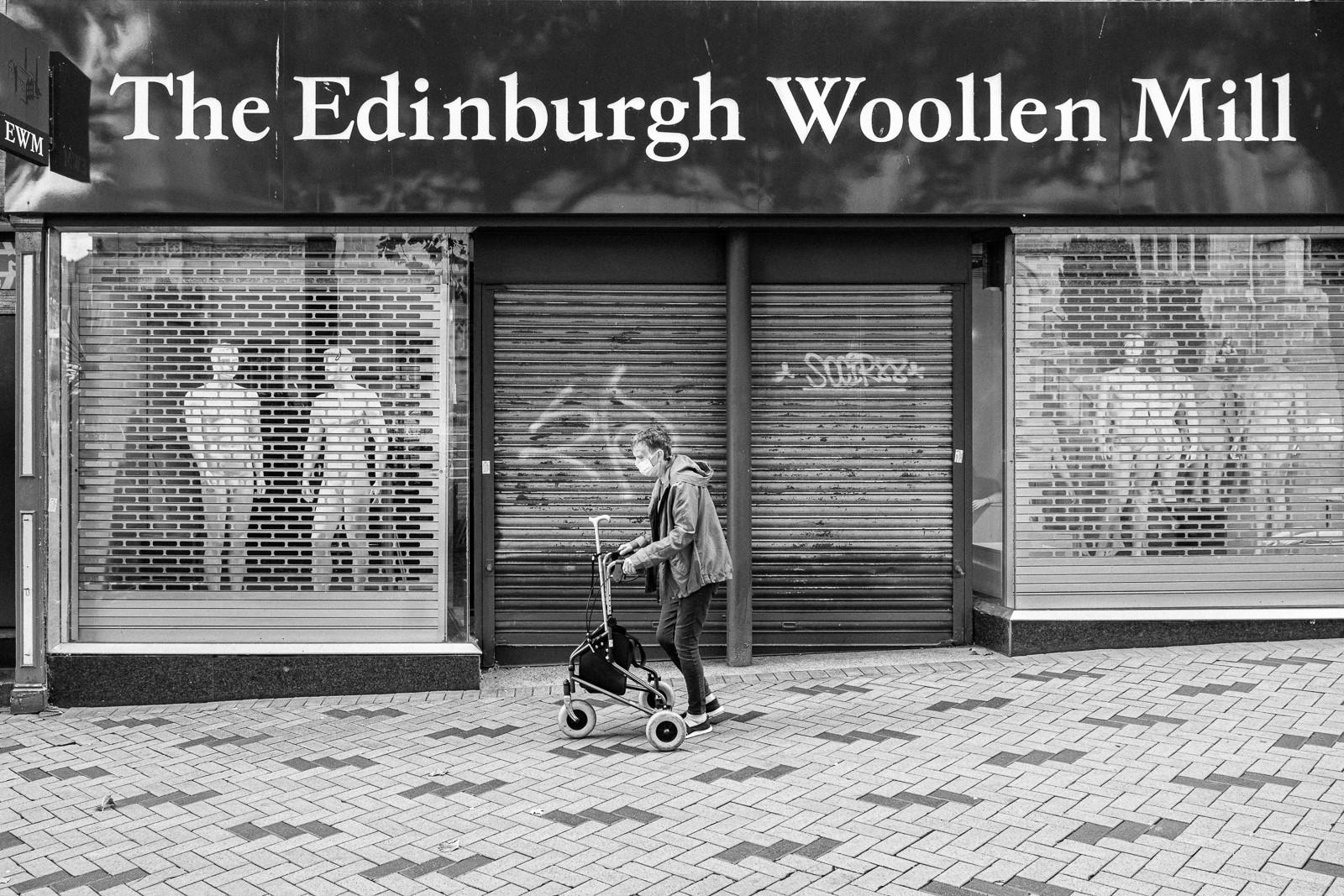


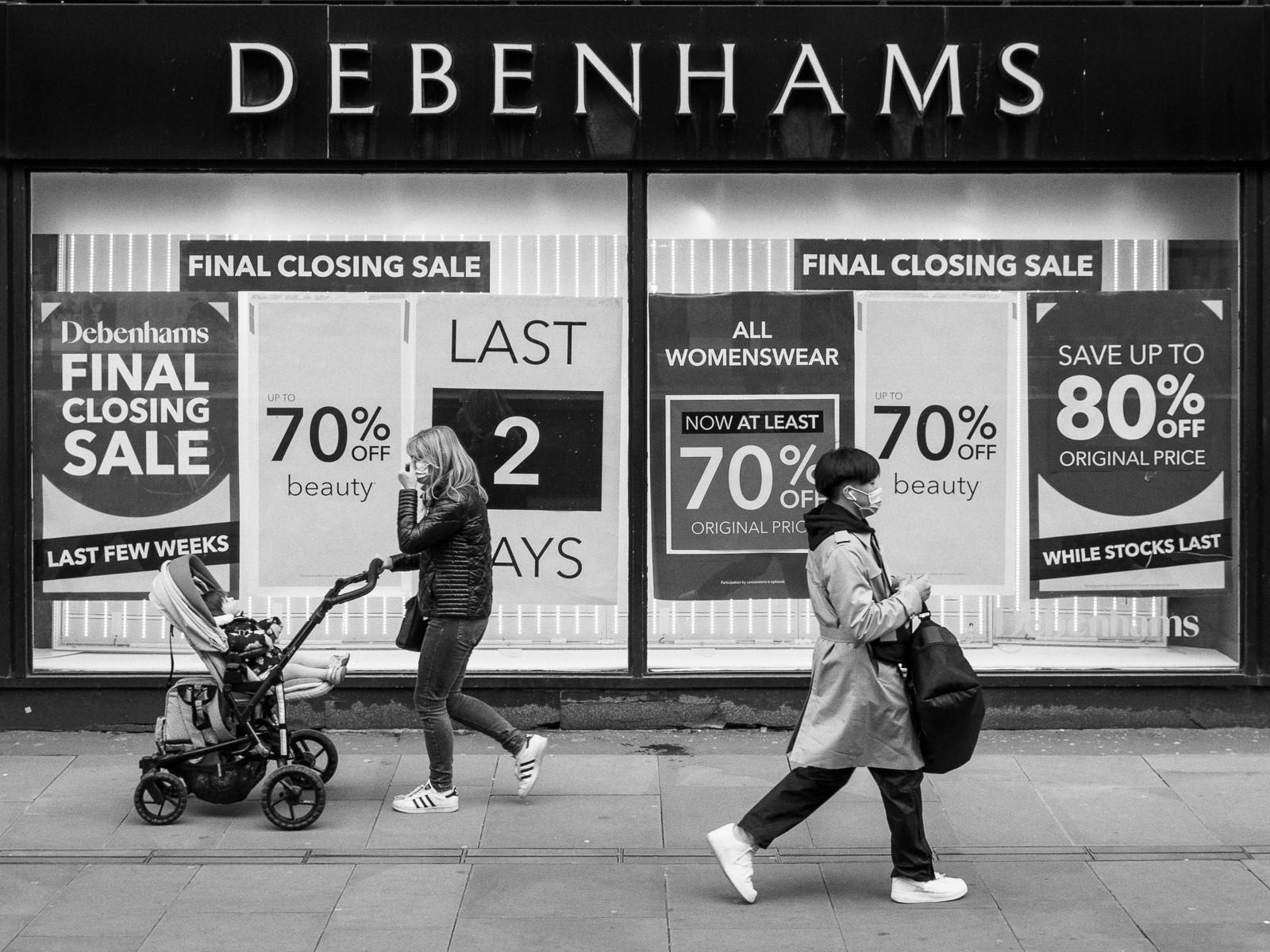
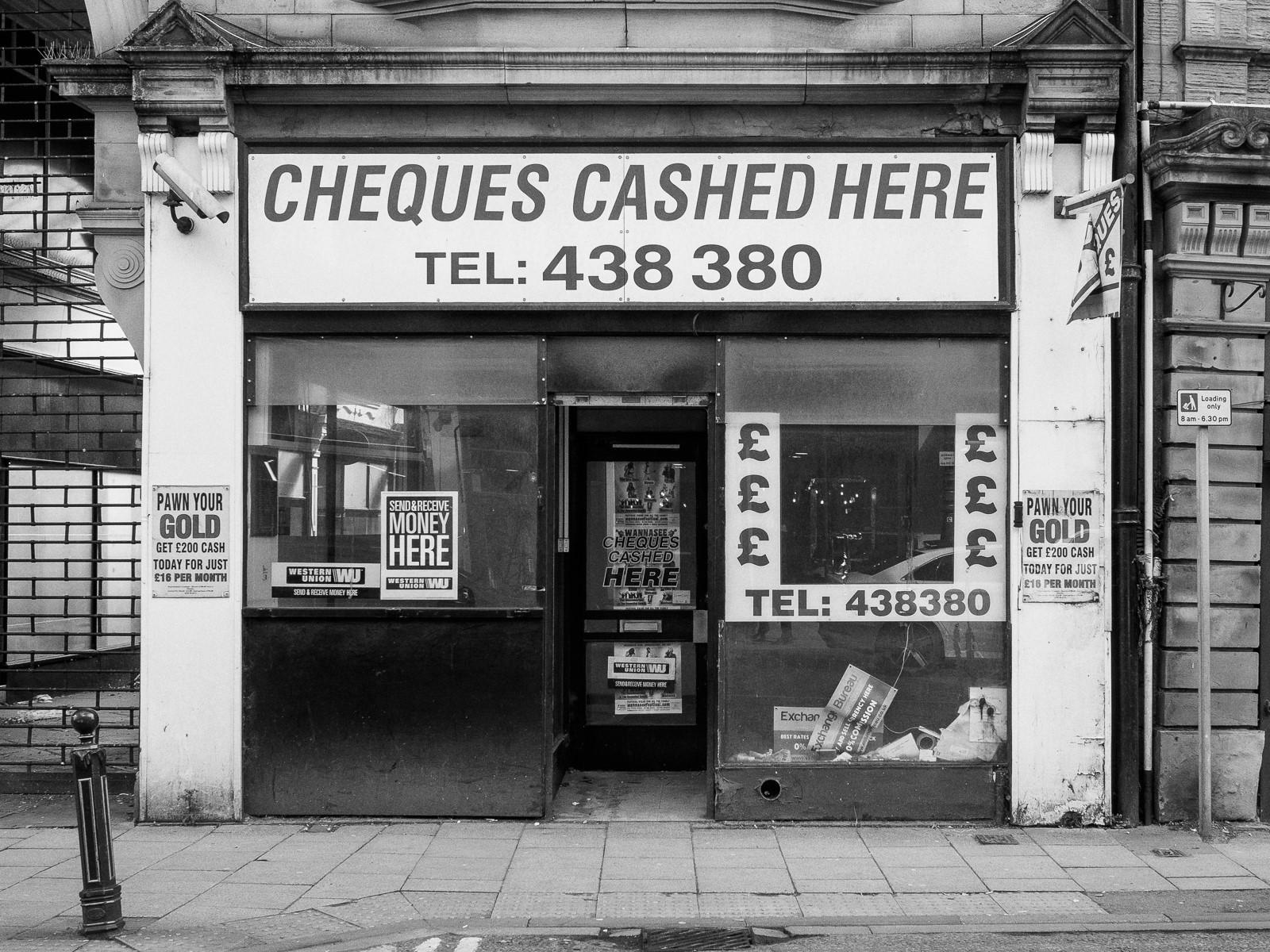
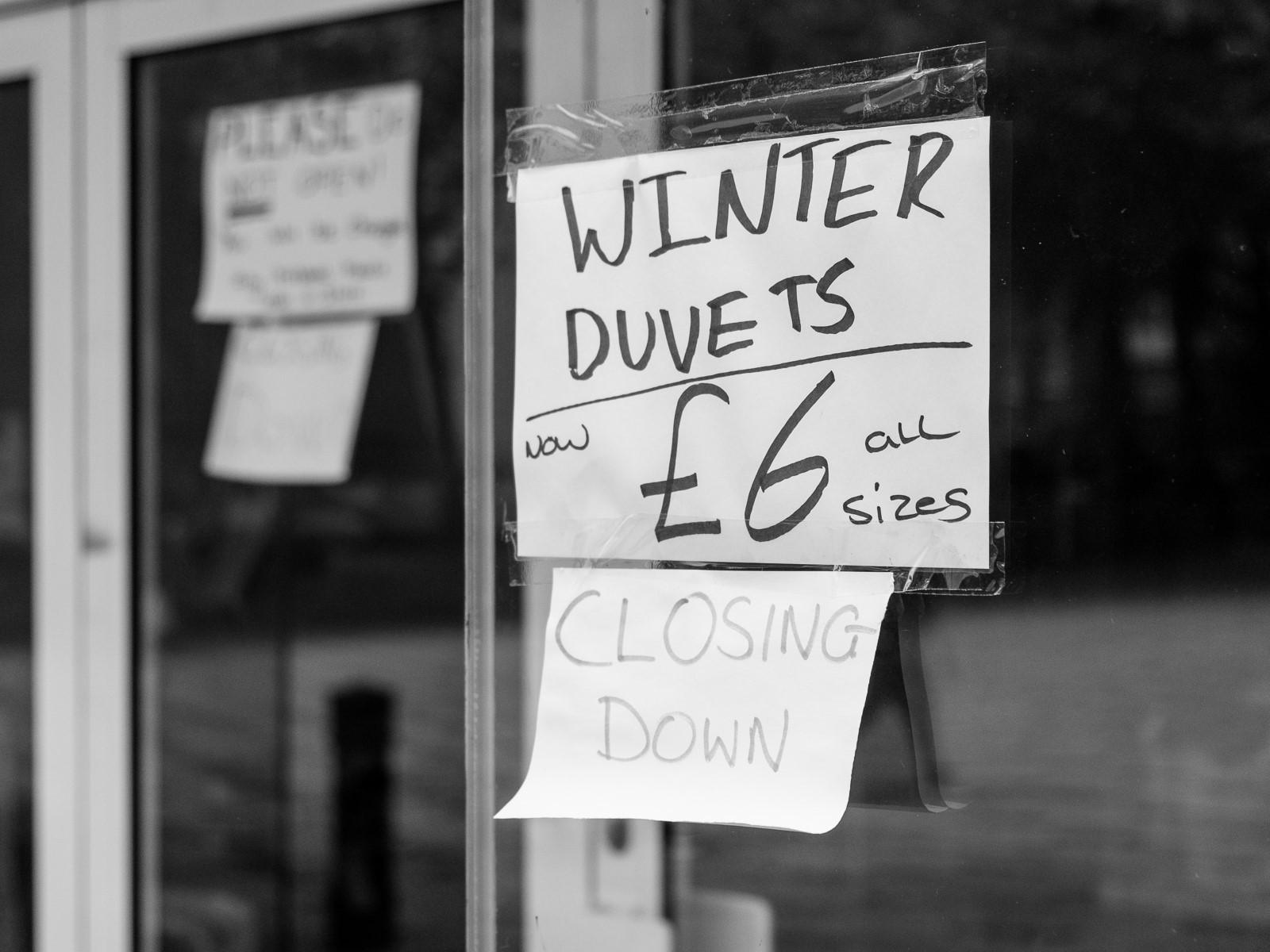
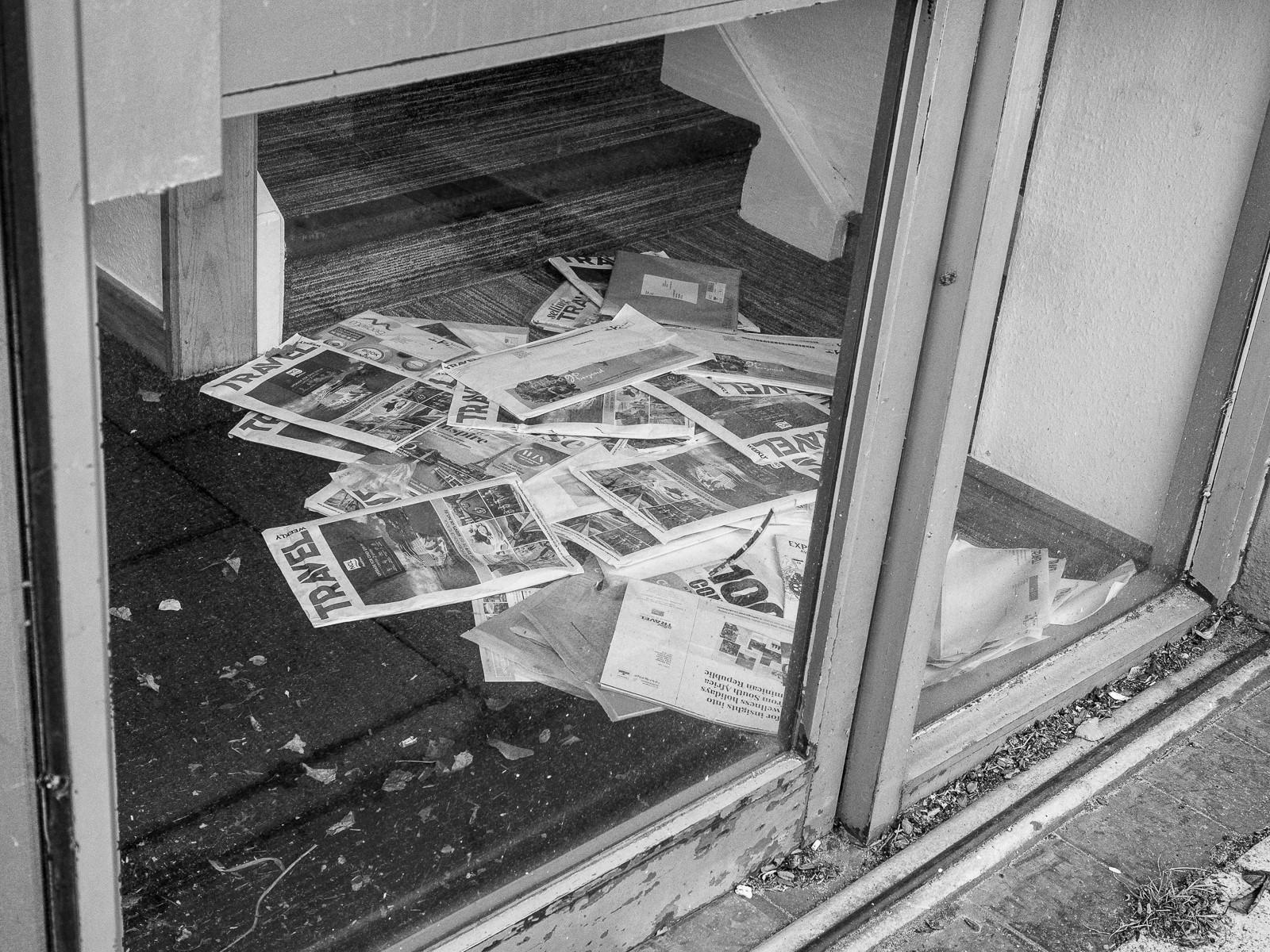
Although I take lots of straight photographs I’m also very interested in using the camera as an artistic tool in order to create my own interpretation of a location. I was travelling very light, camera wise, with only my small Panasonic 200D and my iPhone13. The Panasonic camera will do in-camera multiple exposure, but only using the average blend mode which has its limitations, especially in built up environments. However I can use apps on my phone that can produce in-camera multiple exposure images. Because of these limitations I also set myself the task of taking a series of images that I might collage later using Procreate on my iPad.
It was clear and blue and cold when the Uber dropped Lyn and I outside the Millenium Centre in Cardiff on the first morning of our extended photographic weekend. We were there as part of the RPS VISUAL ARTS Conference.
I began my morning by looking for angles and elements of interest on the Millennium building, working the scene in order to get my eye in, knowing that I wanted to create a collage collection of the building.
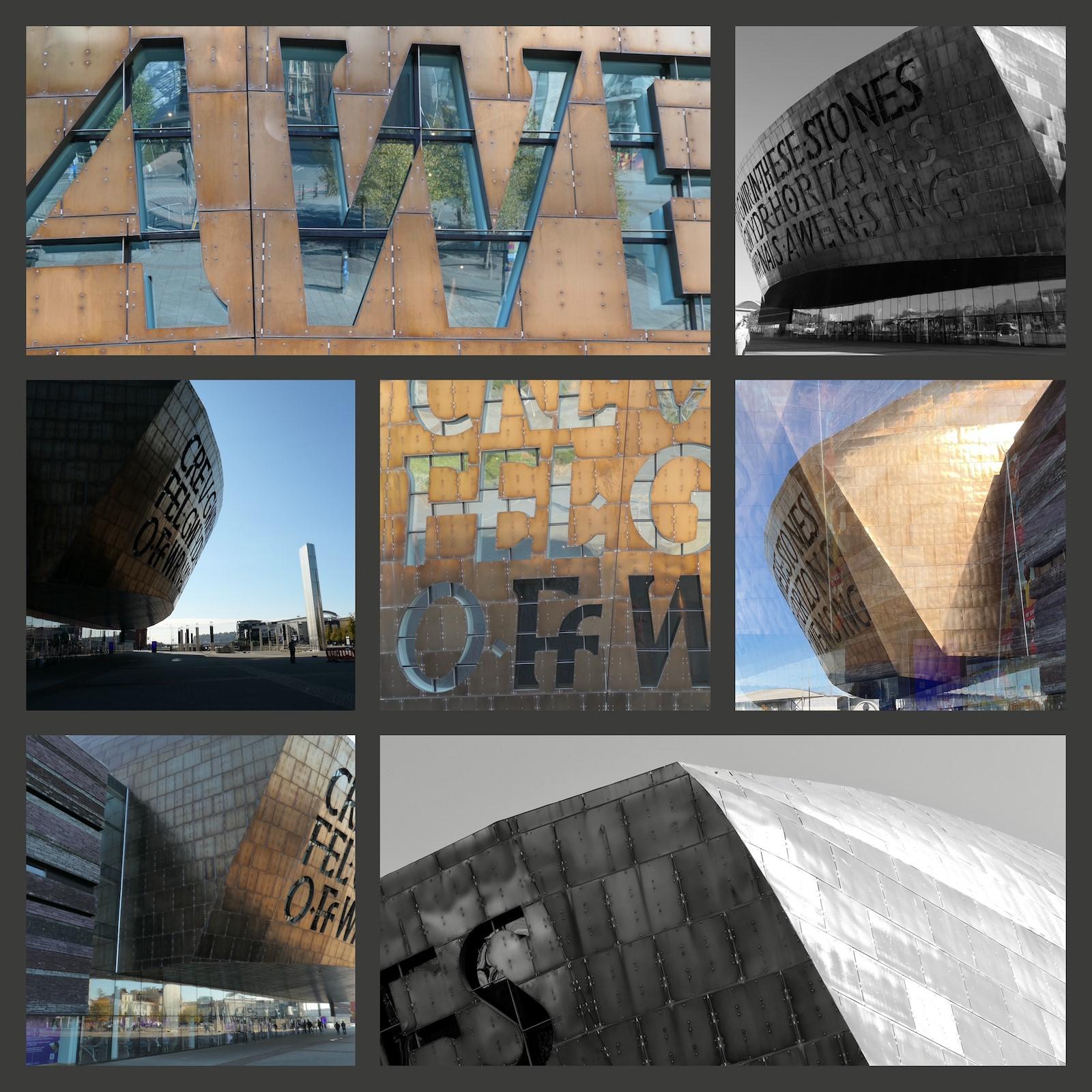
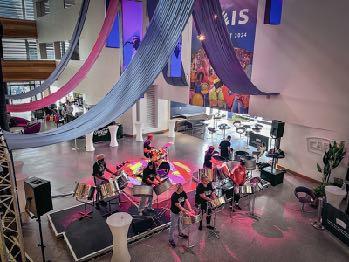
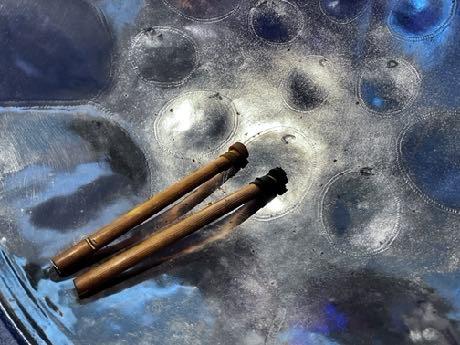
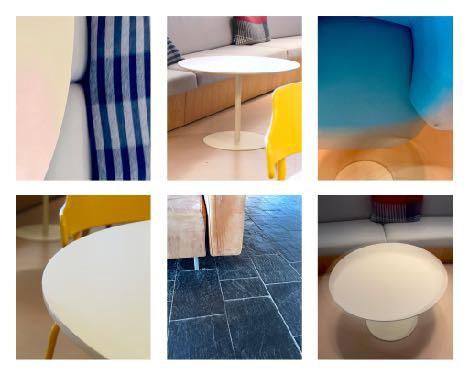
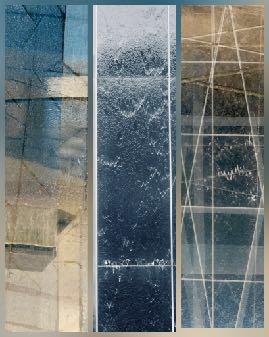
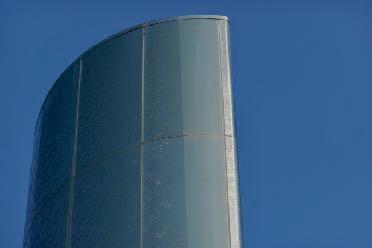
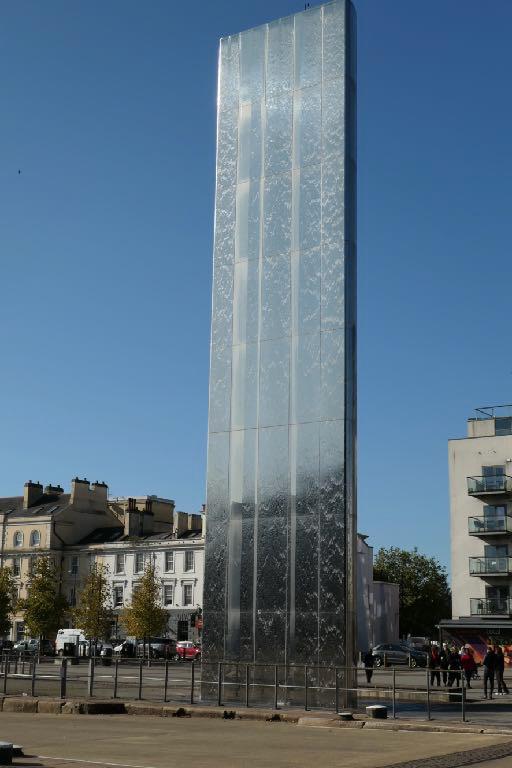
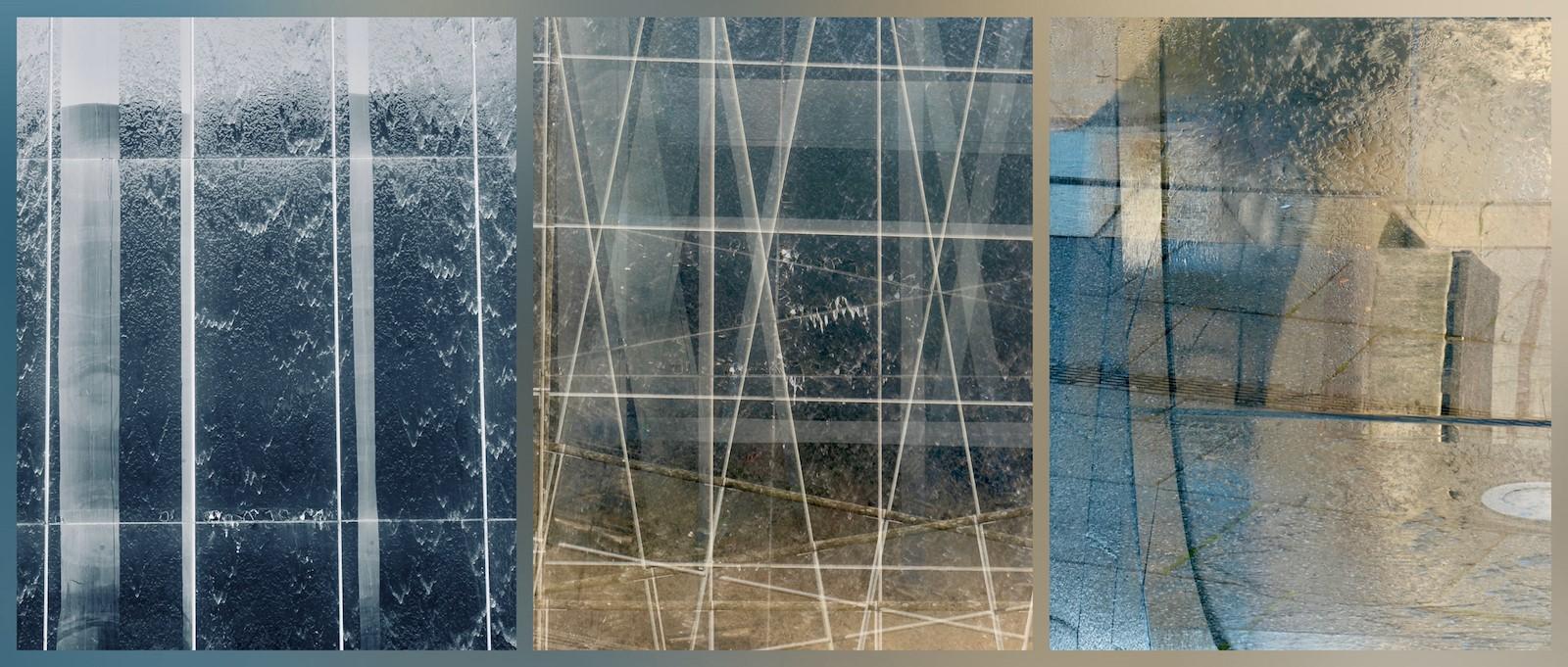
Then I moved across to the next iconic structure - the Water Tower where I spent time taking some in-camera multiple exposure images of the water distorted reflections and overlaying these with the lines of the pavement. It was one of these images that I chose to use as a background for my composite of the `stairs’ image of the entrance to the Queens Arcade in town.

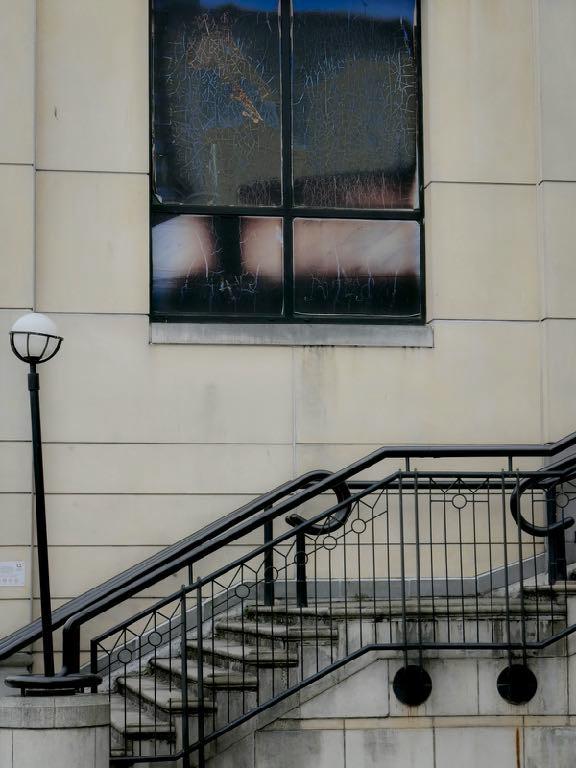
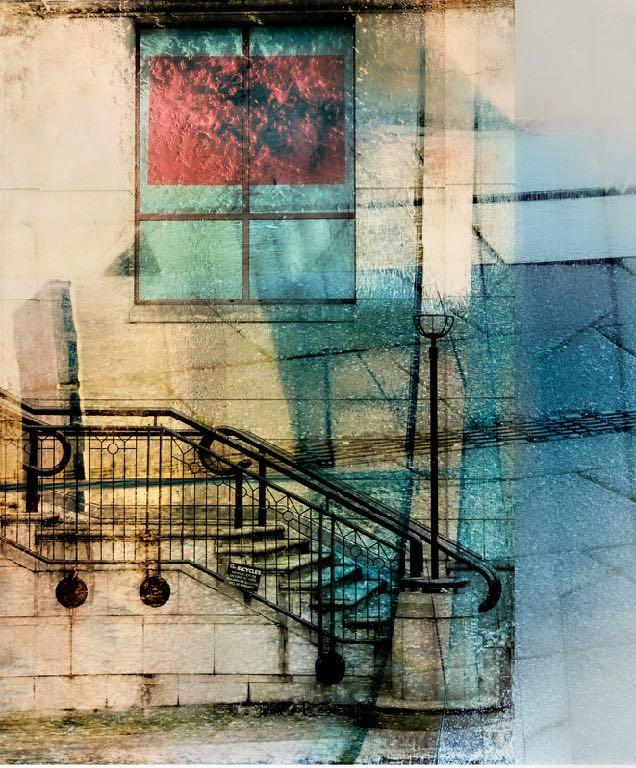
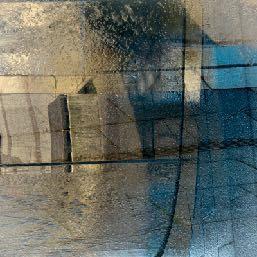
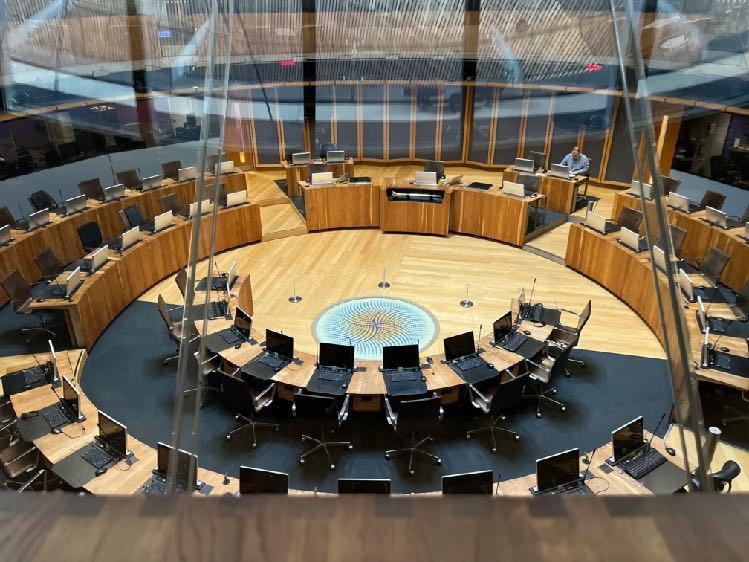
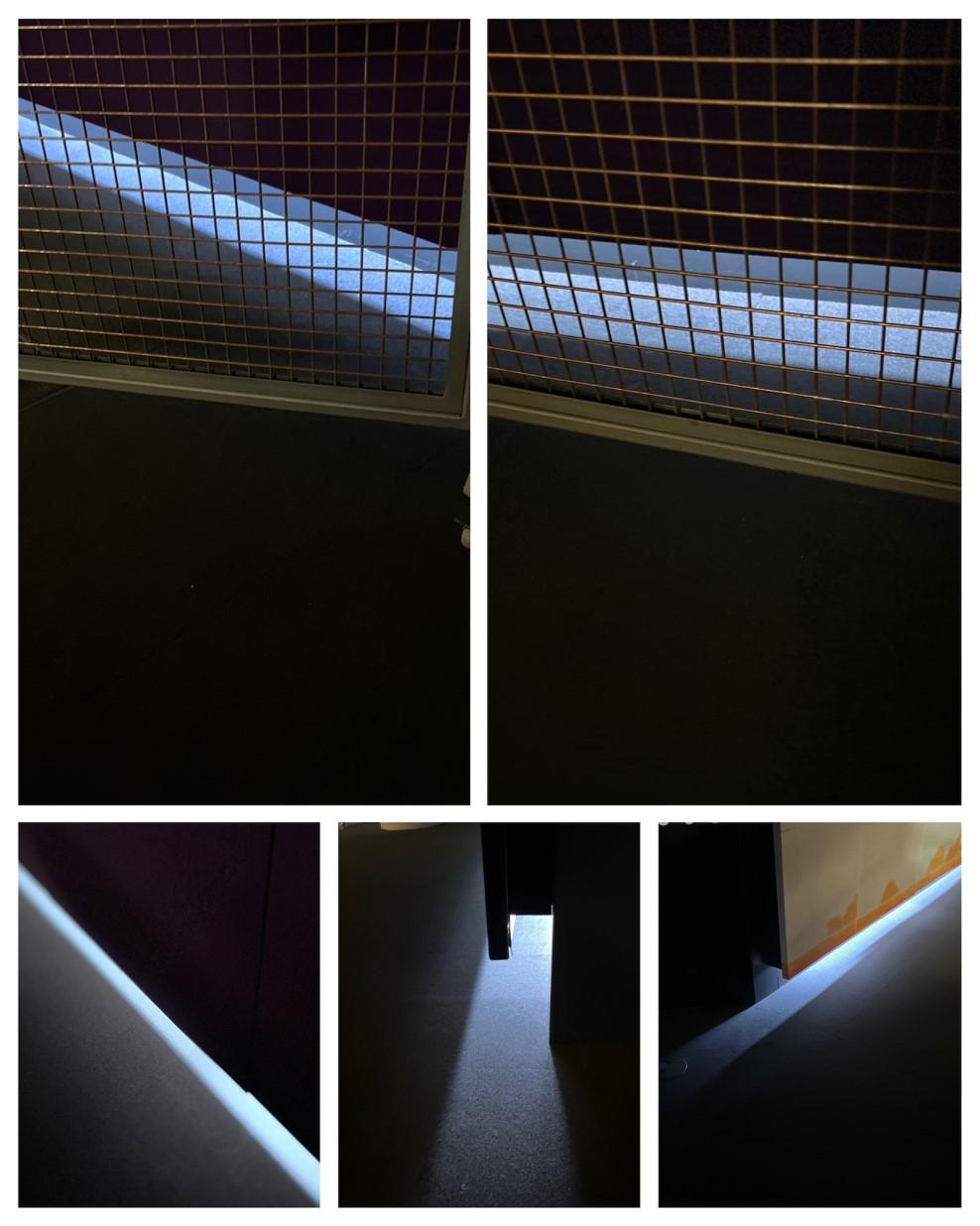
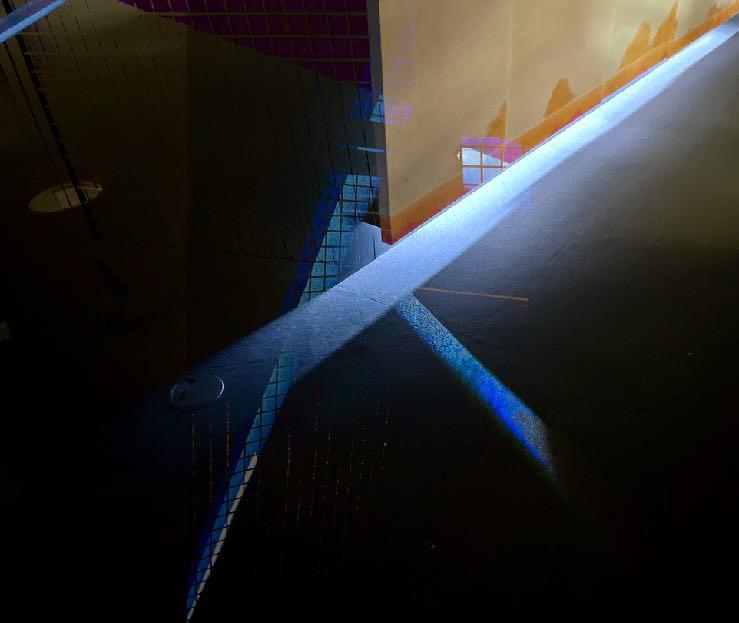
Once home I created my digital composite of the blue light strips that lit up the public gallery walkway around the Senedd building. I see this as Digital Art rather than photography and for me this is the most intriguing and successful abstract image that I produced using images that were taken in Cardiff.
Following on from two presentations in the Zoom meeting on the 19th October, “Closed” and “Humbrol”, this short series is of the Allen Brickworks near Halifax. It is a large complex of buildings which have been derelict for about 20 years, although it closed as a brick manufacturer in 1960.
Today, it is a showcase of graffiti artists. It is full of interesting shapes, textures and colours. Access is easy, although it involves a walk of maybe 1 kilometre, and there are many hazards to negotiate including holes in the ground and floors and all sorts of metal hidden in the undergrowth, but the murals are often beautiful and I’m not sure how long it will remain in this state. When I visited, time was limited and I only covered a bare quarter of the site.
